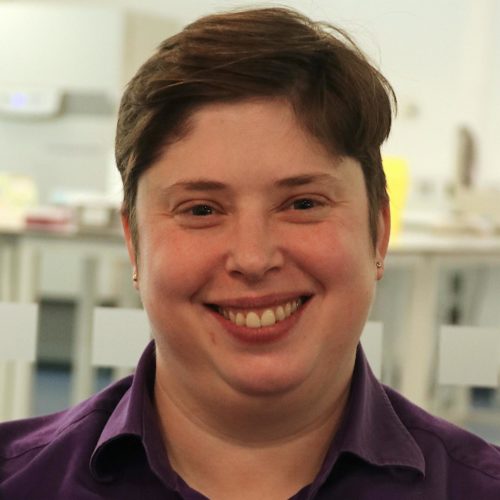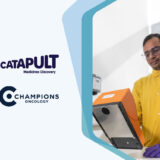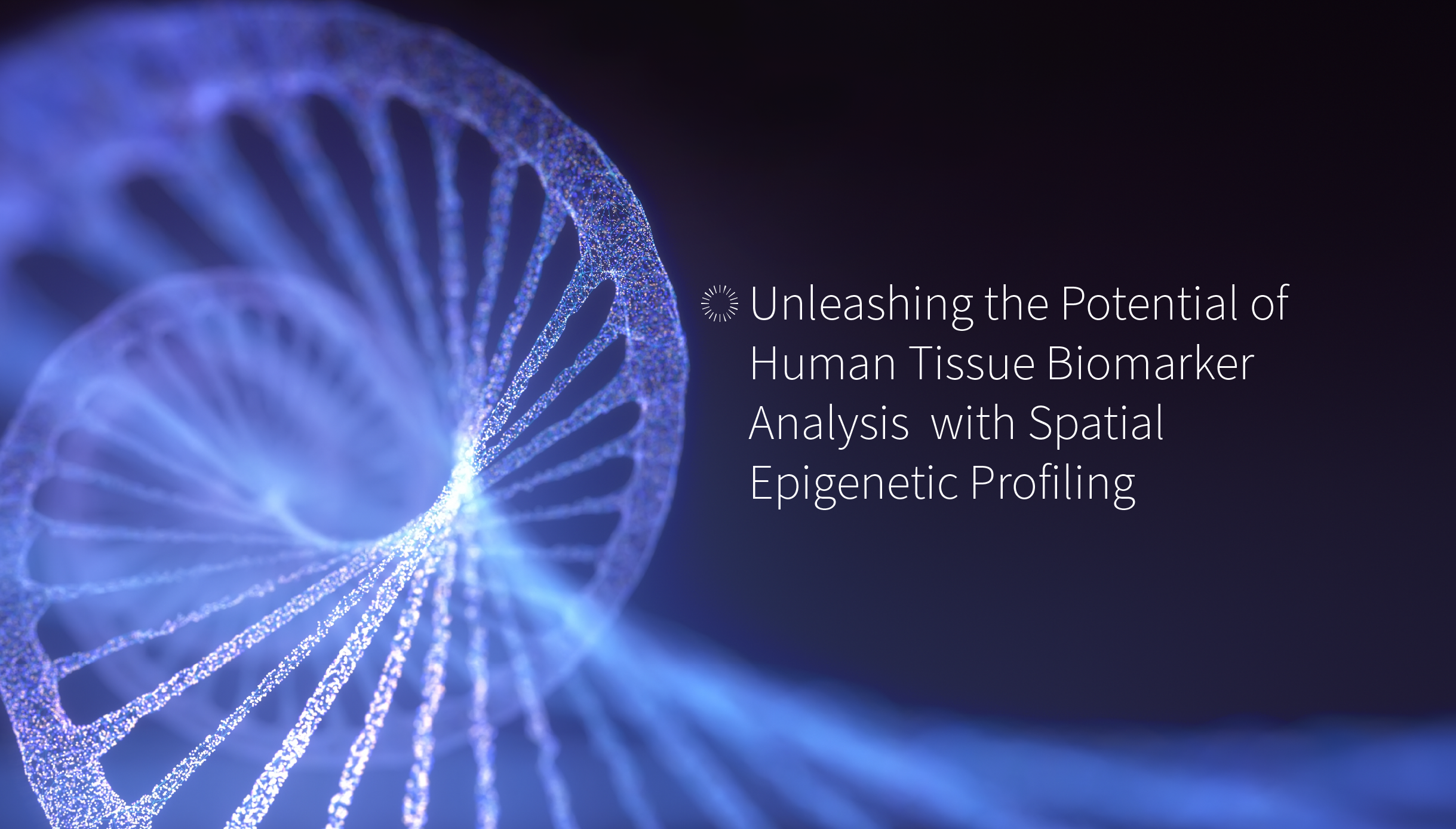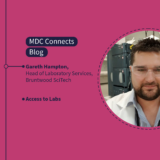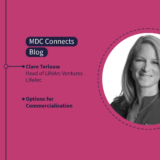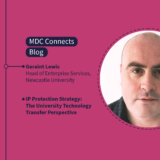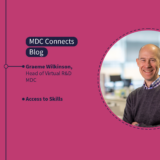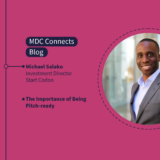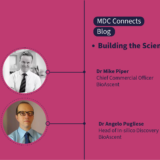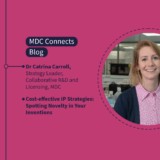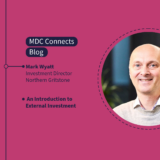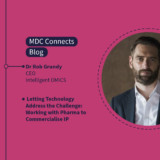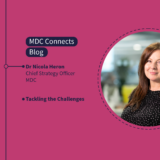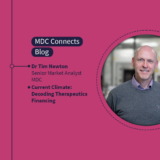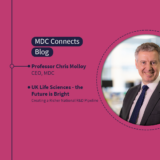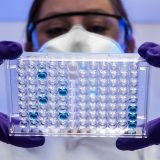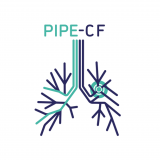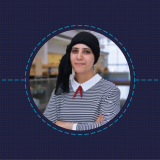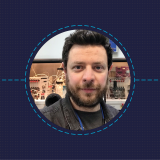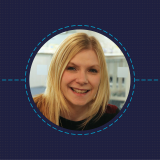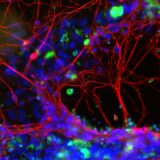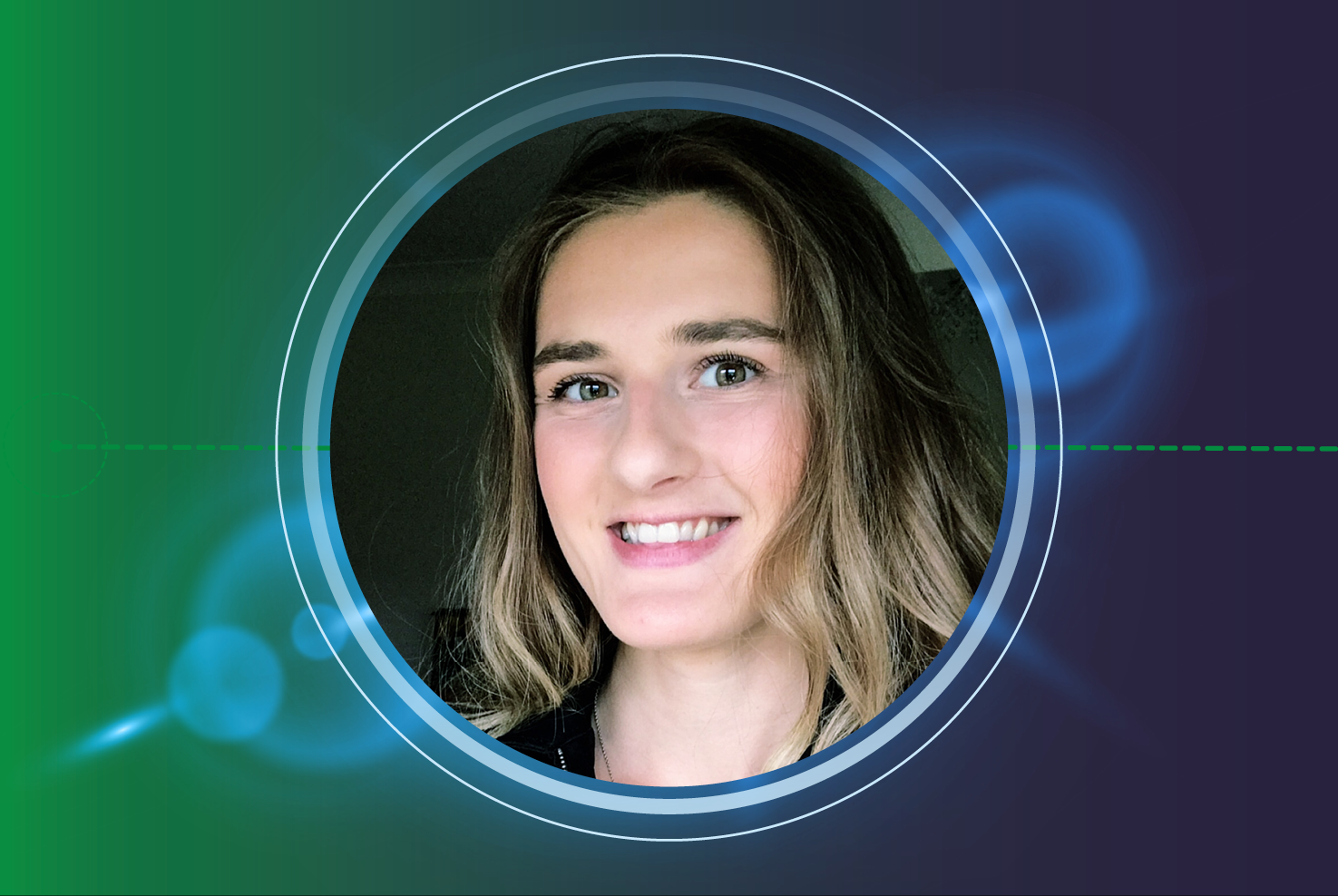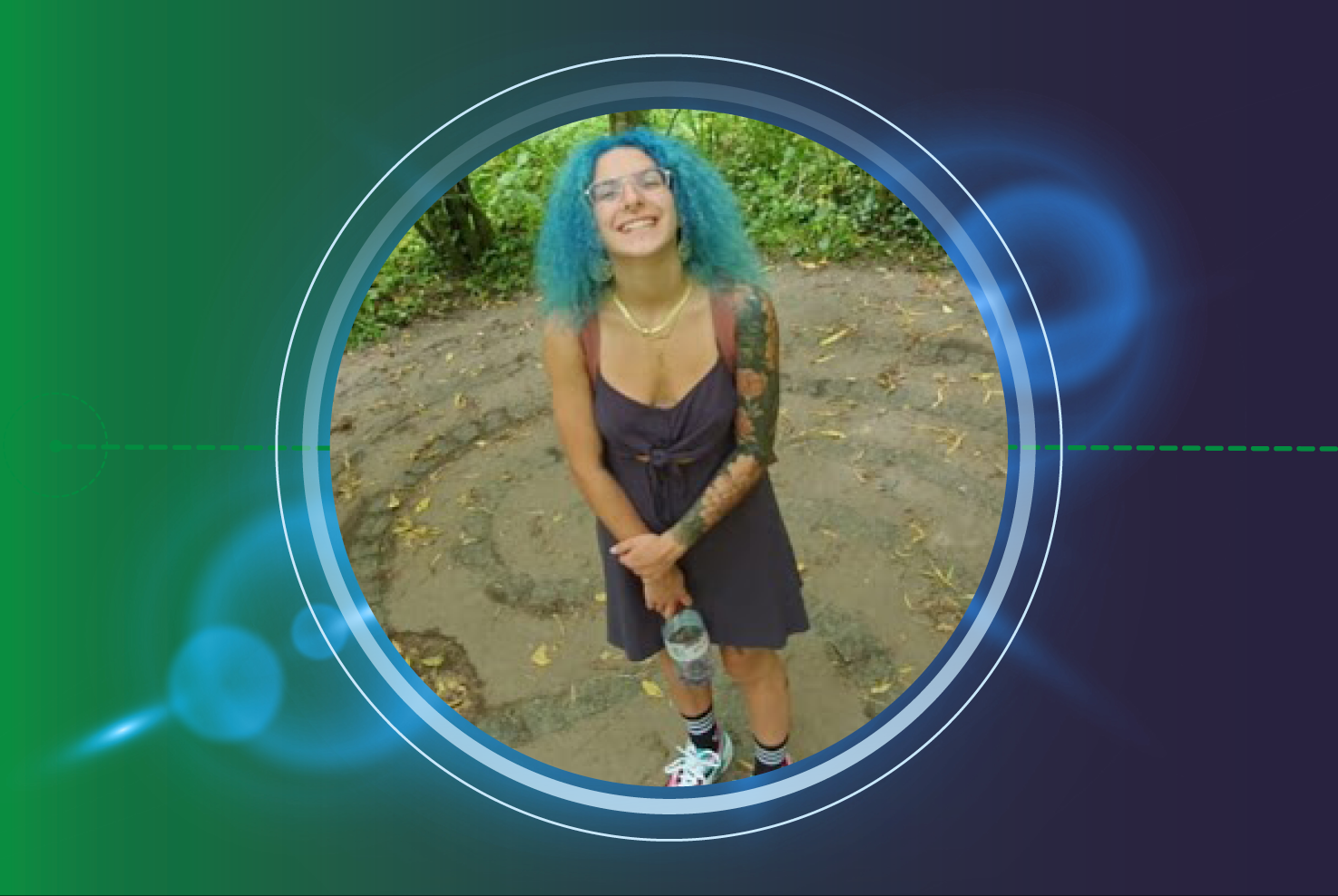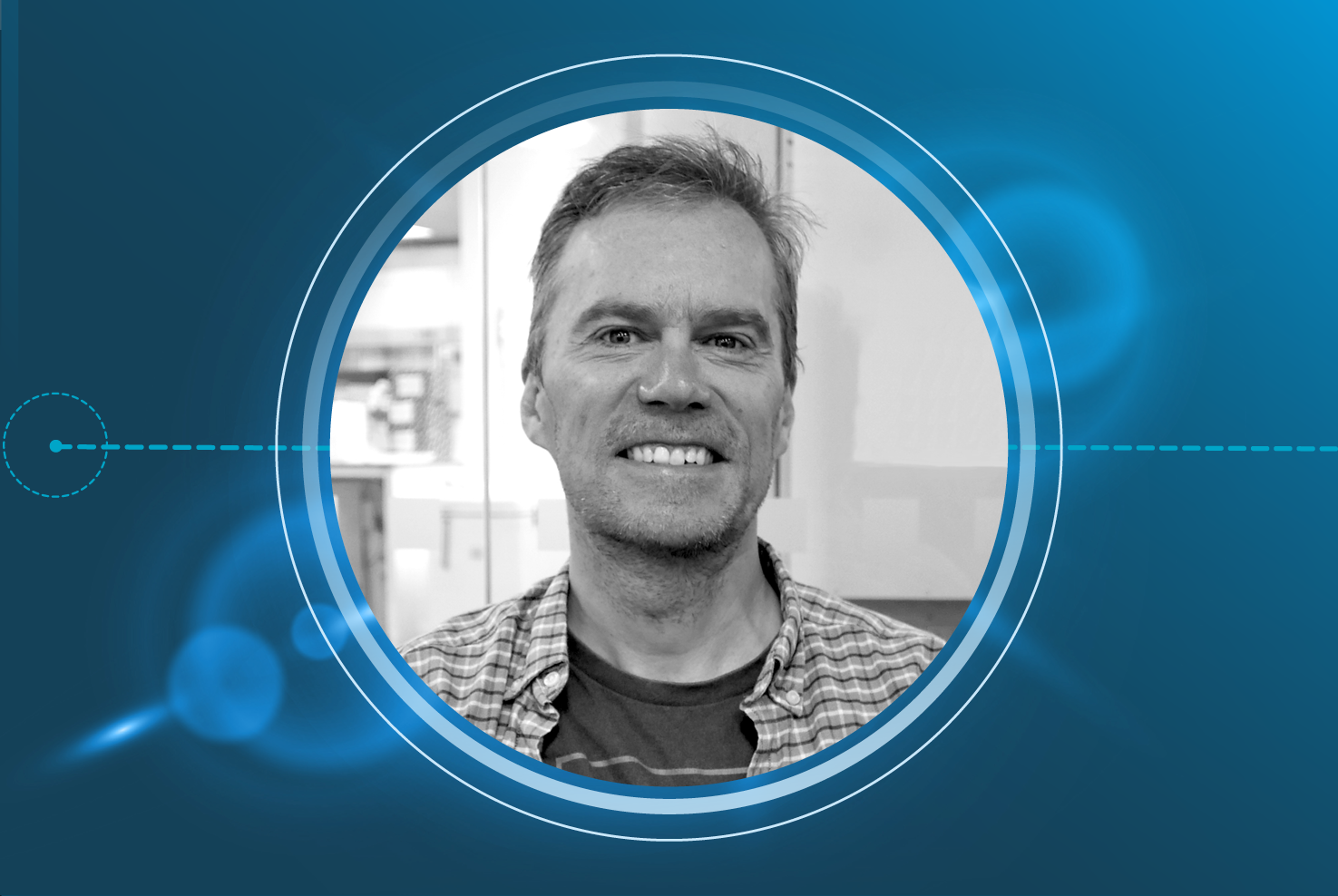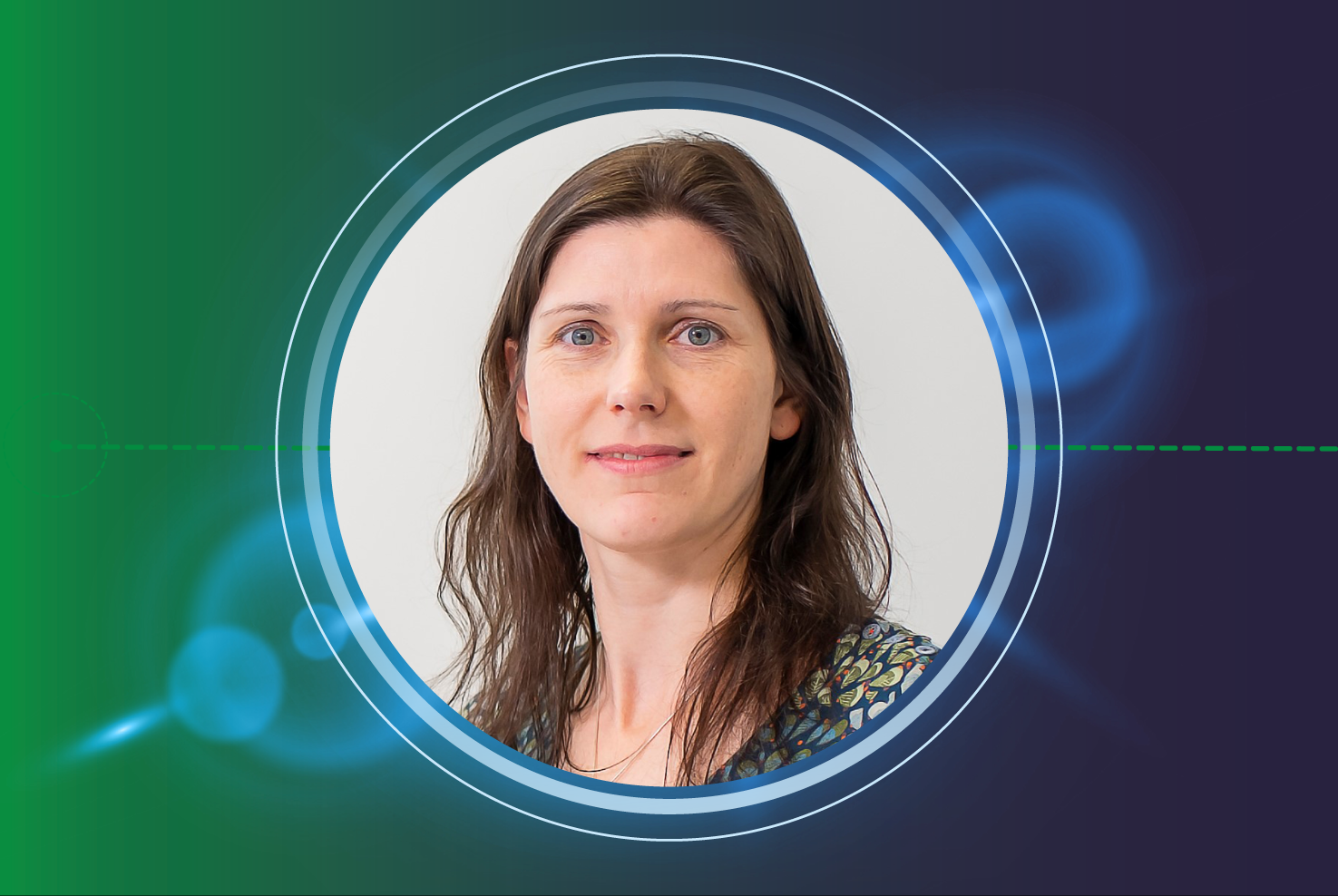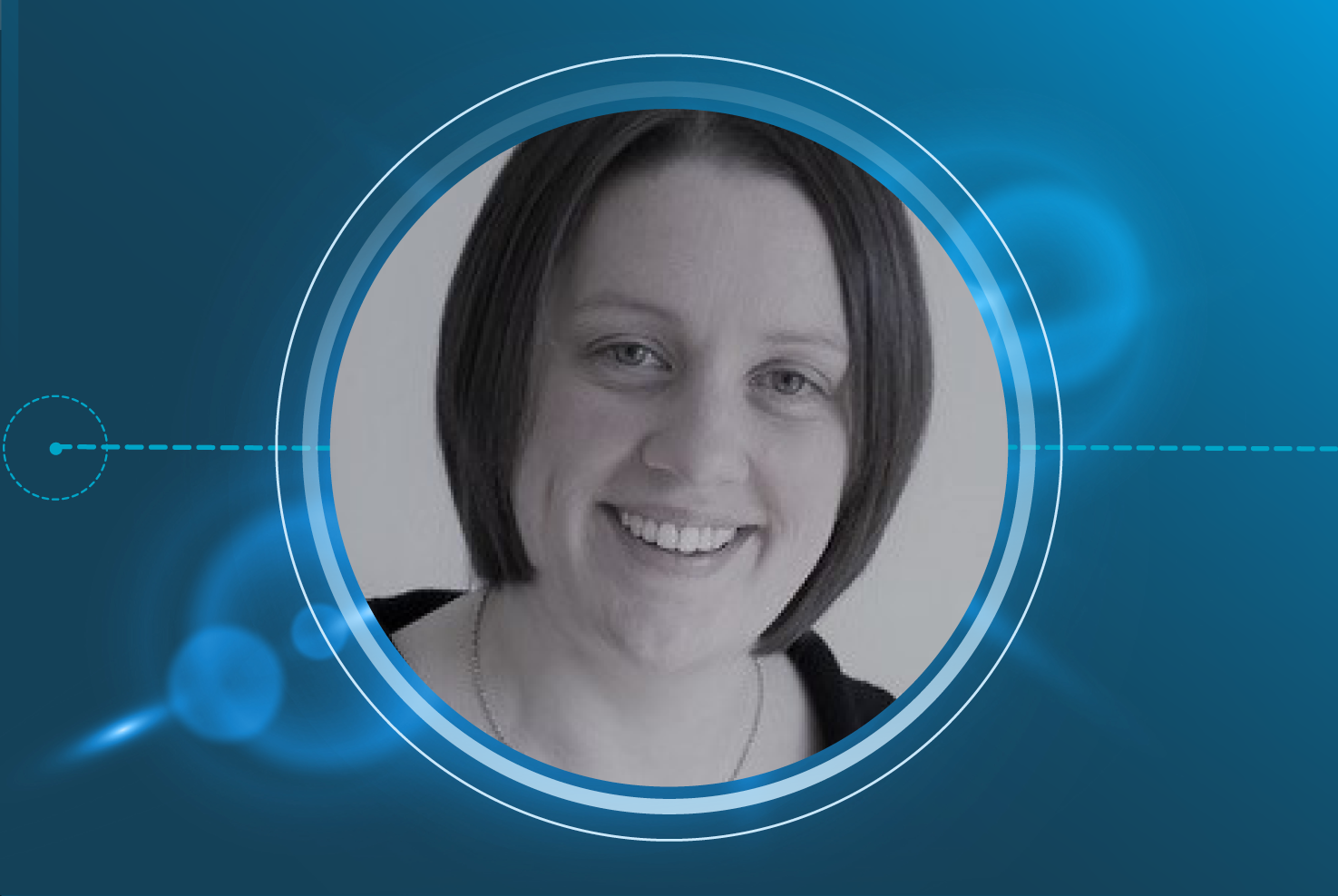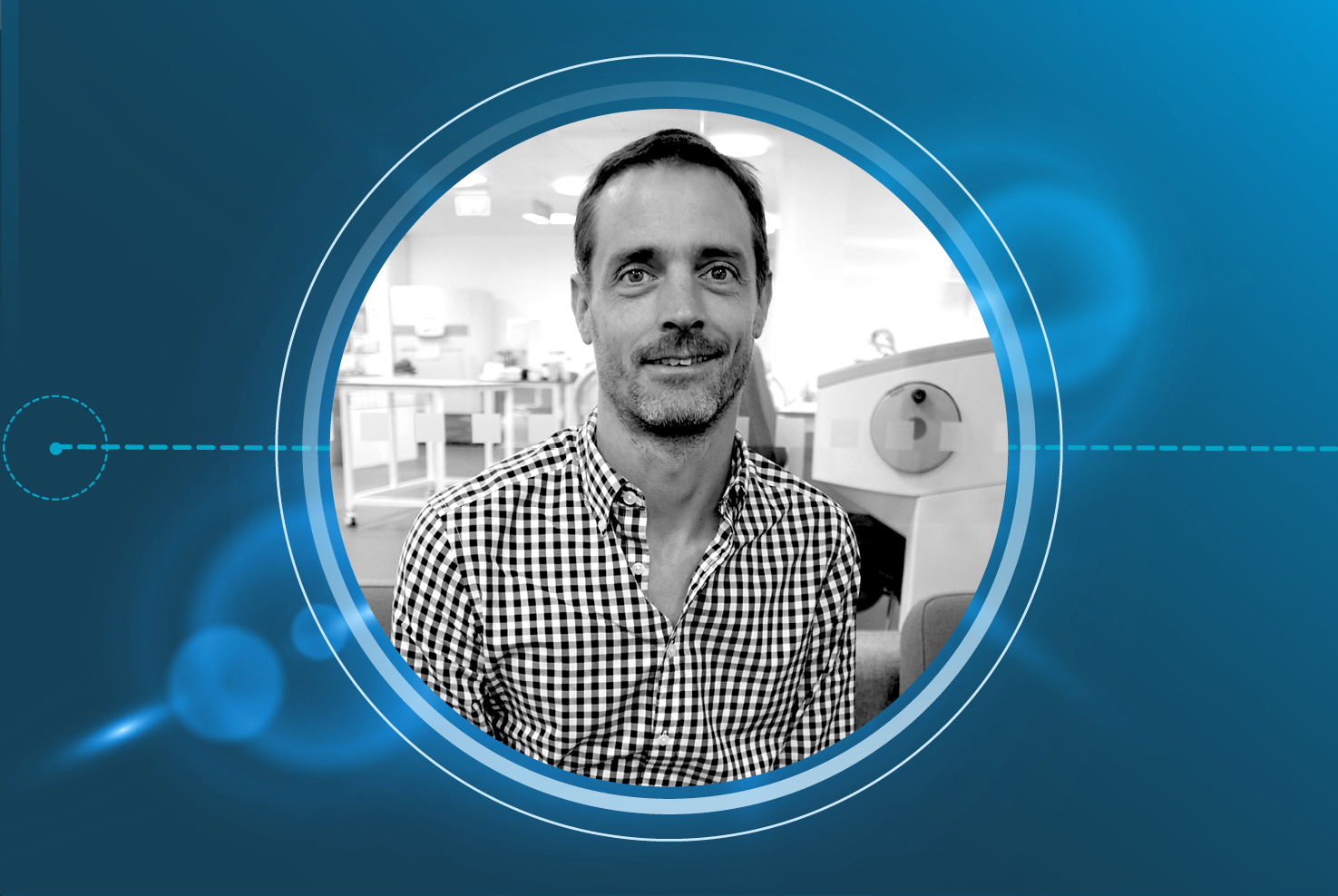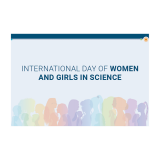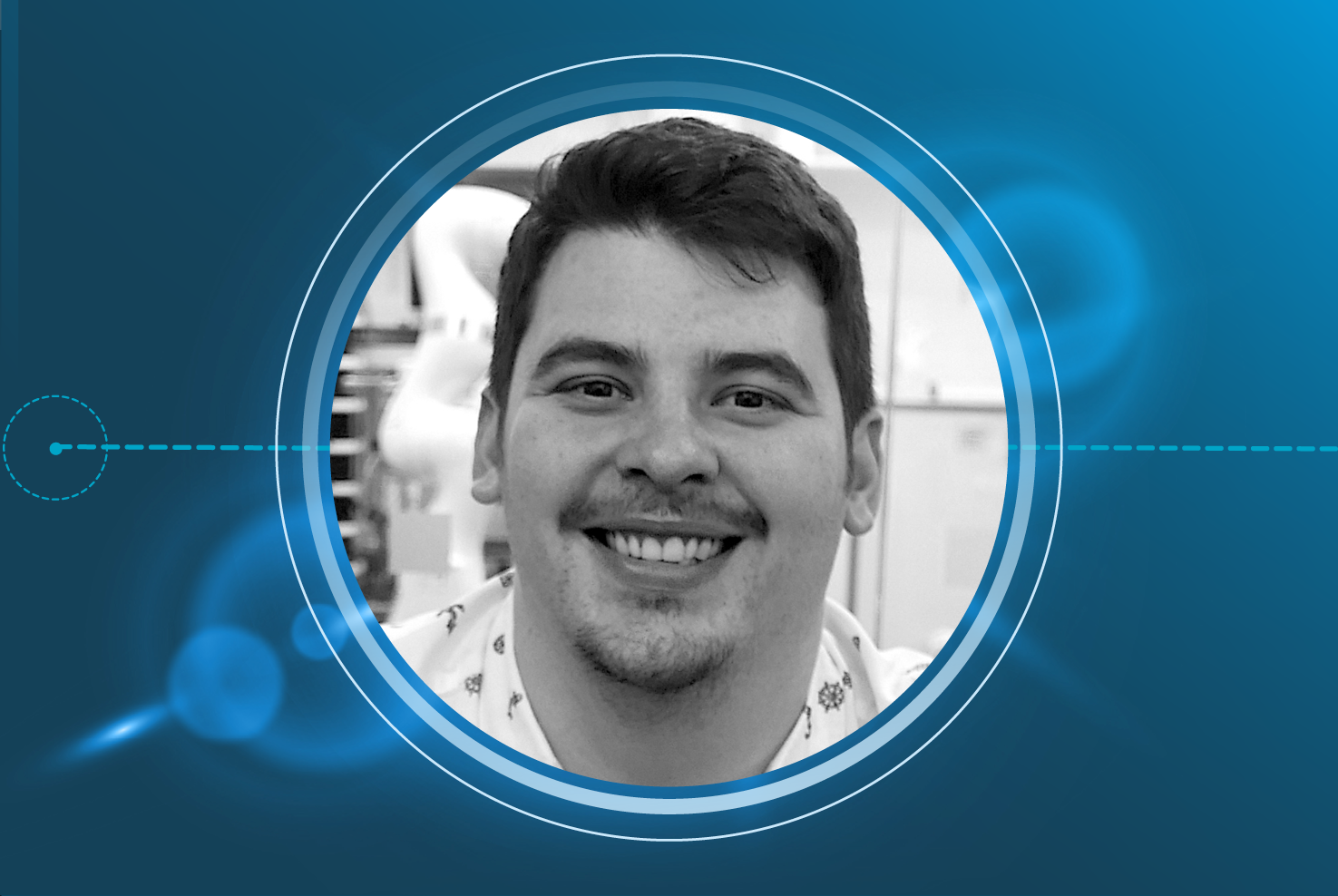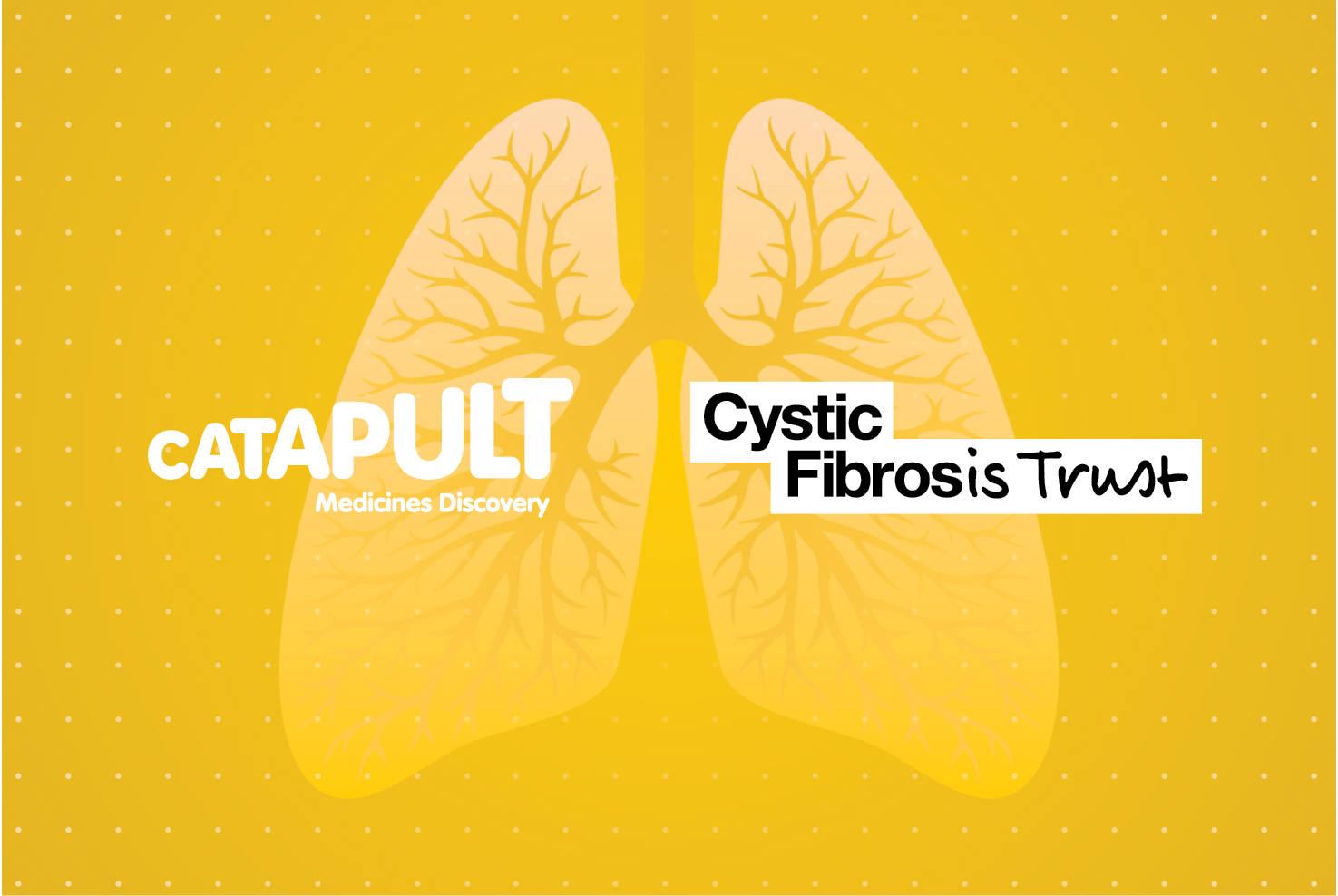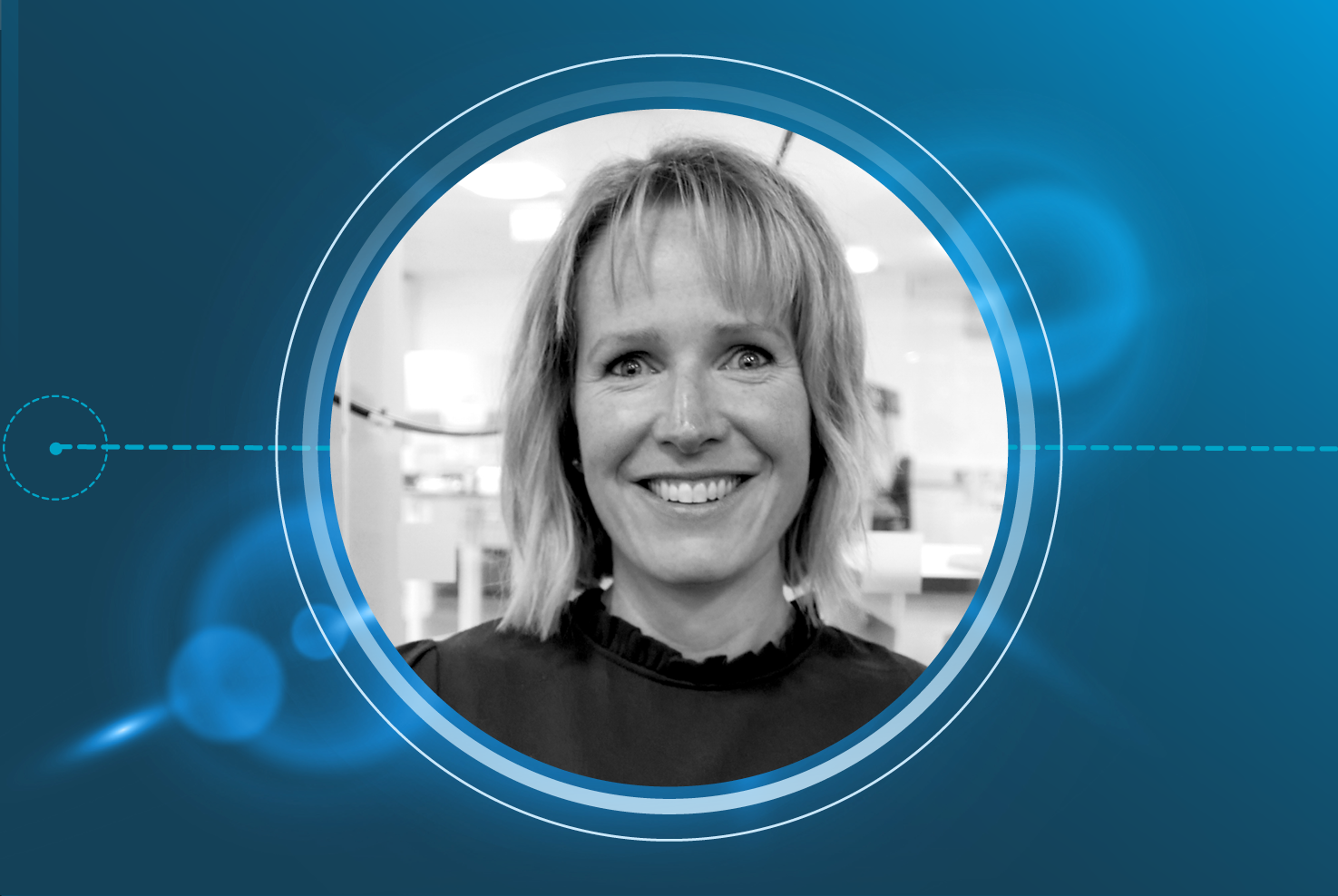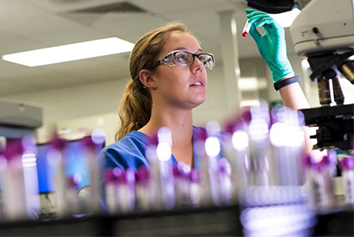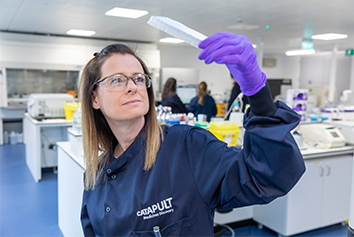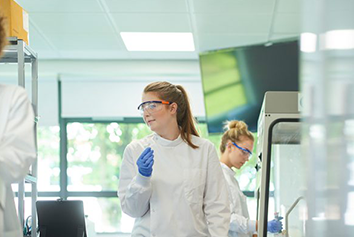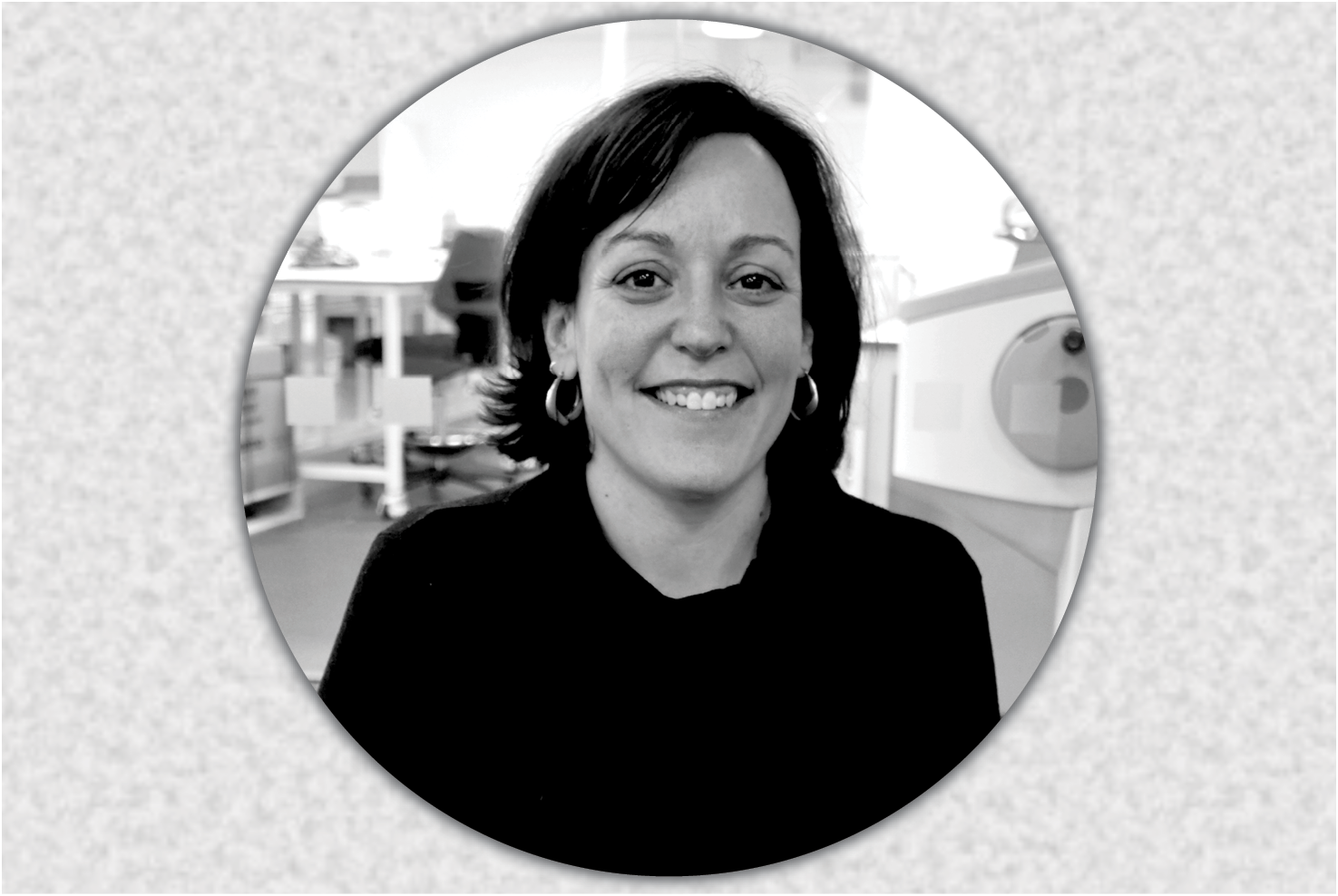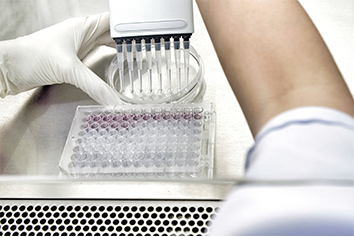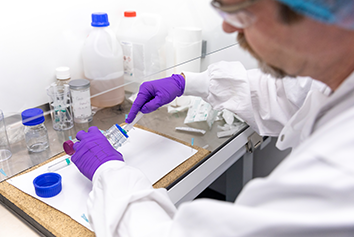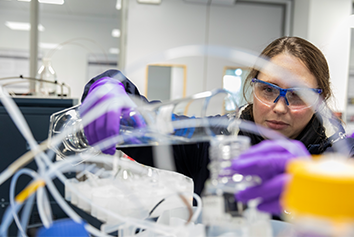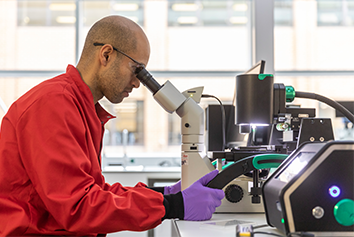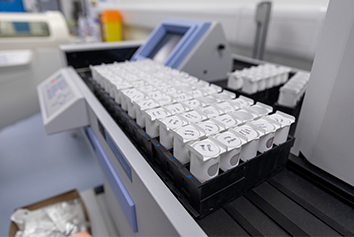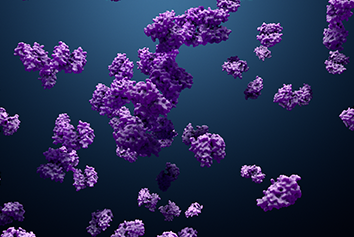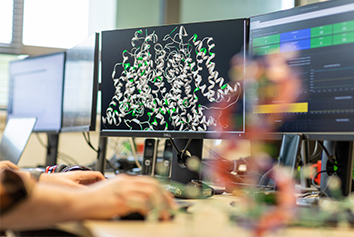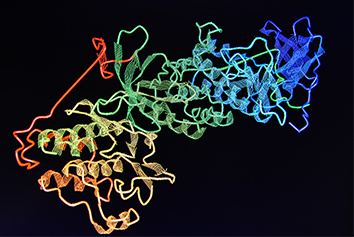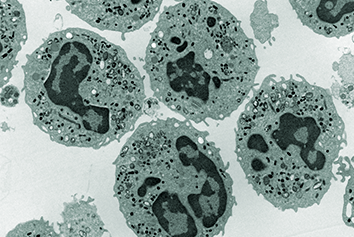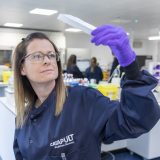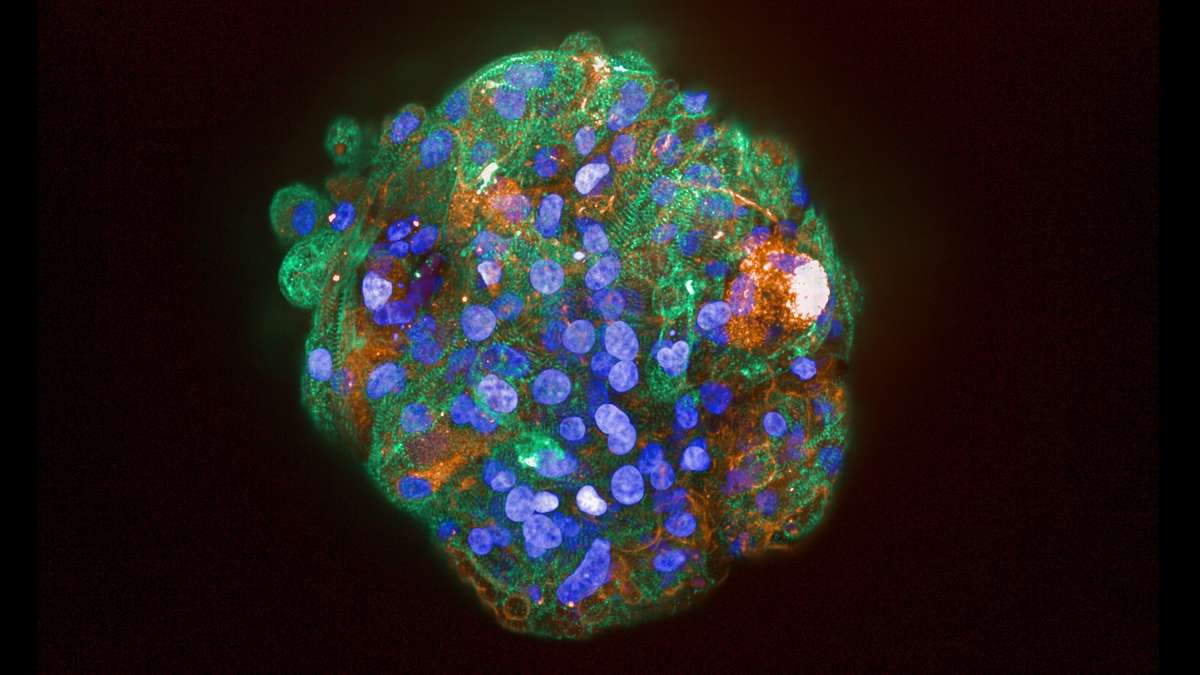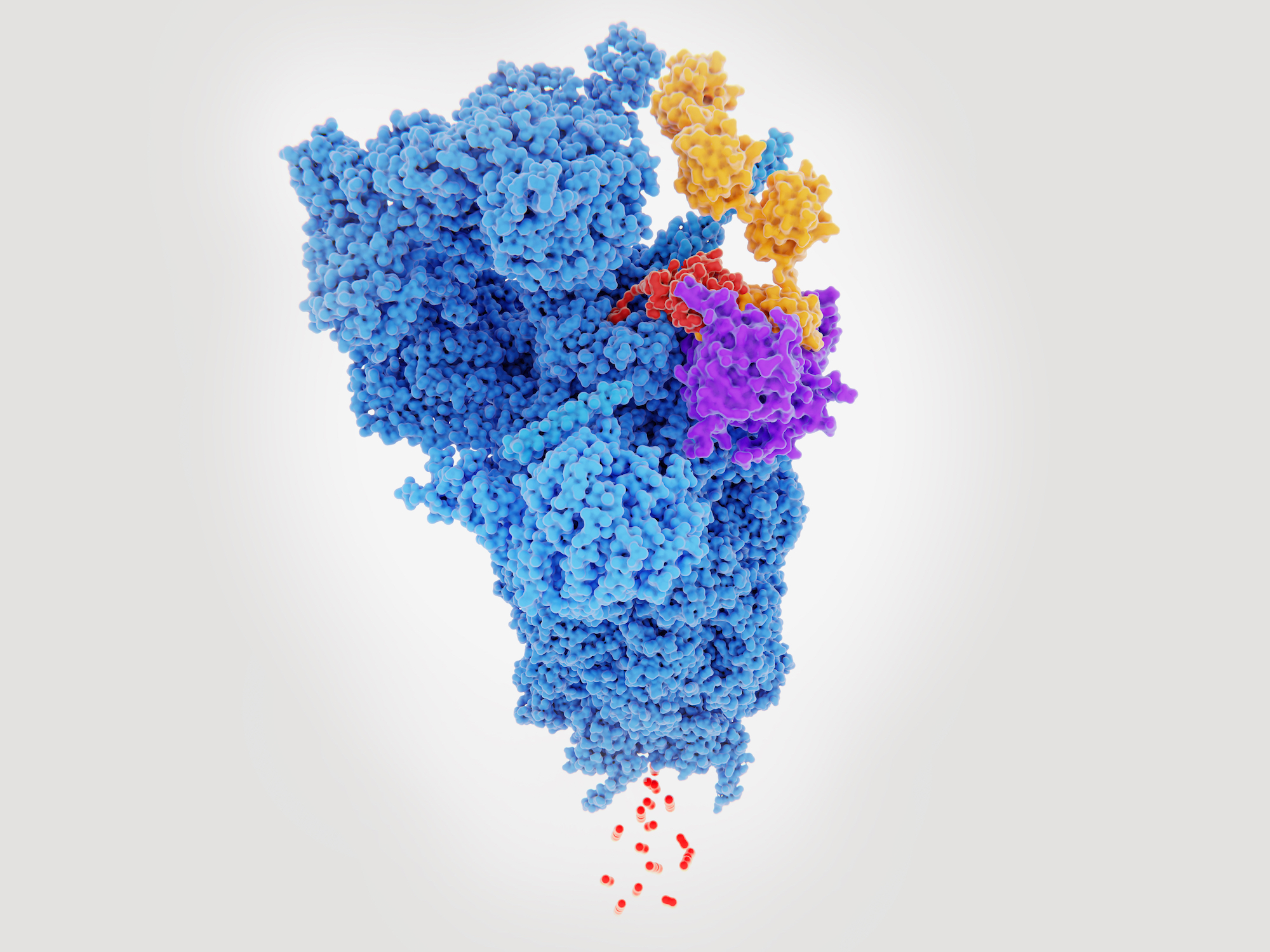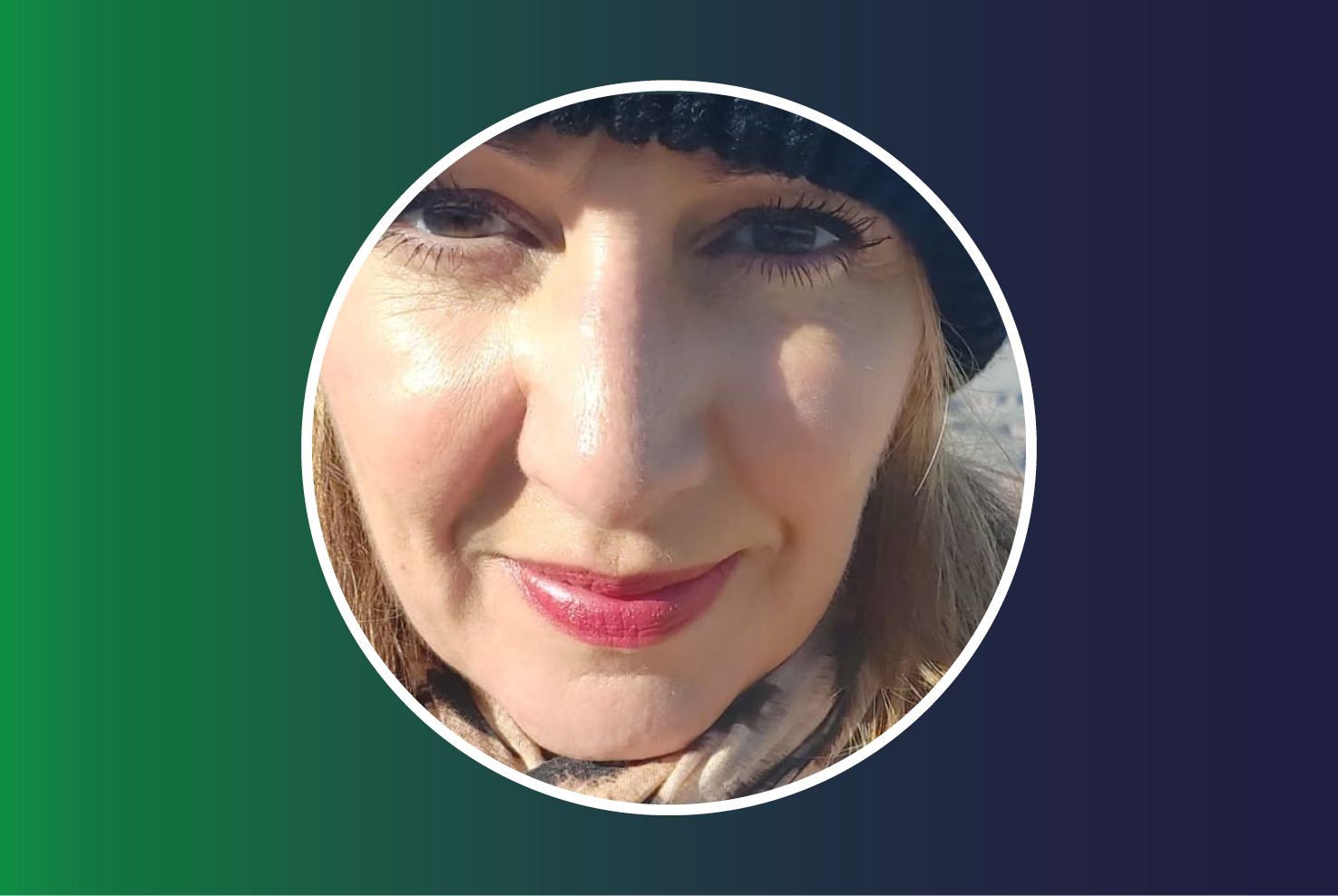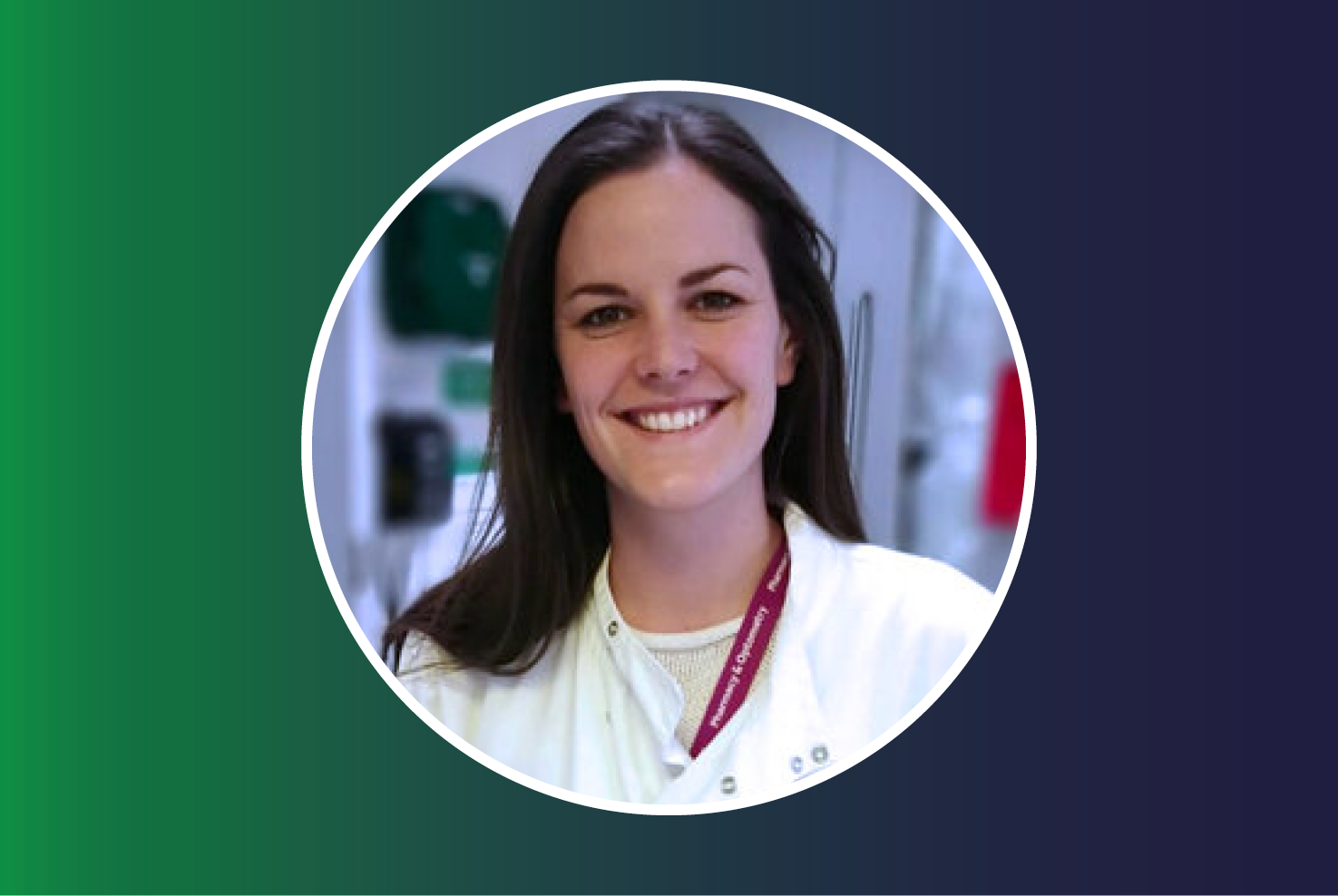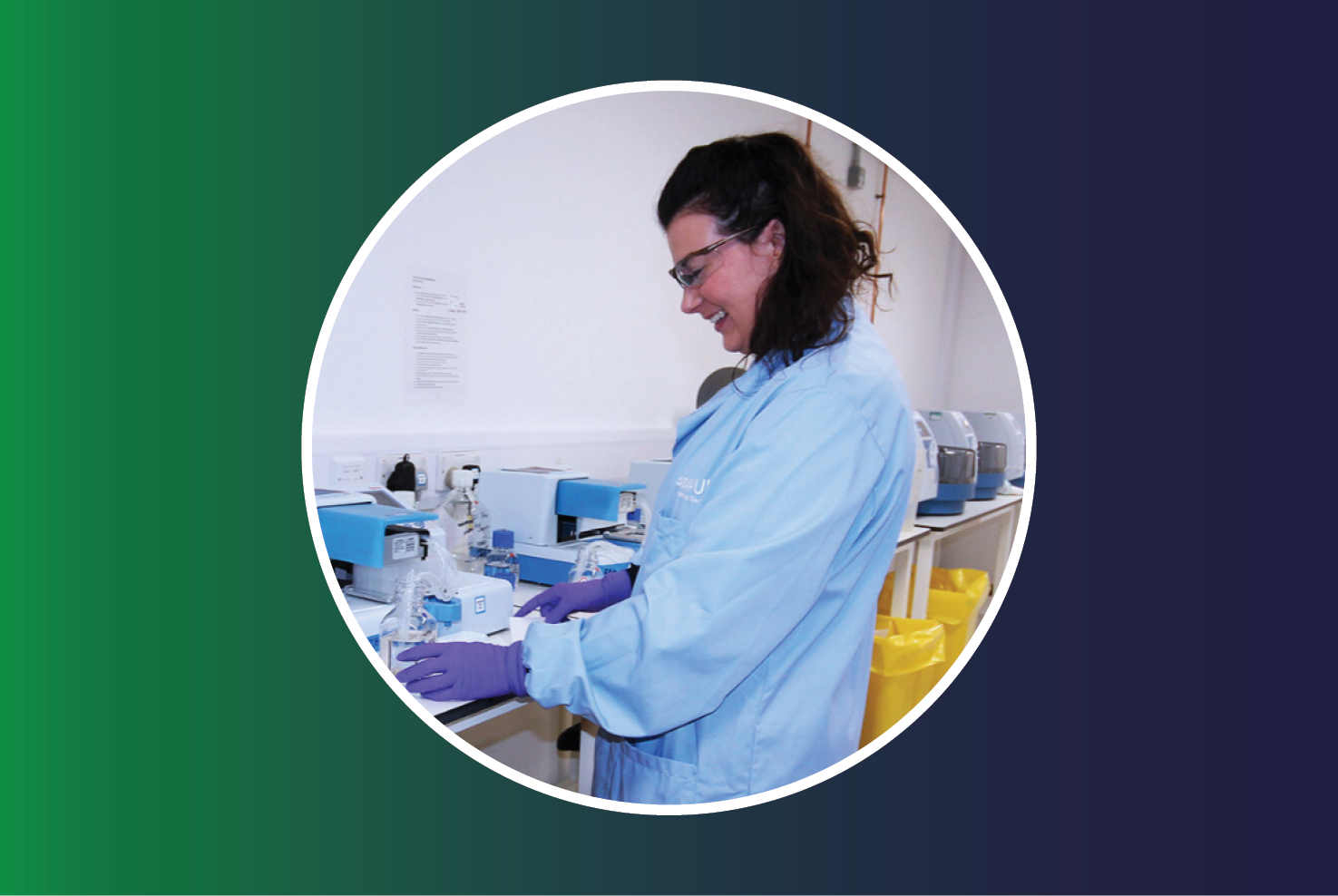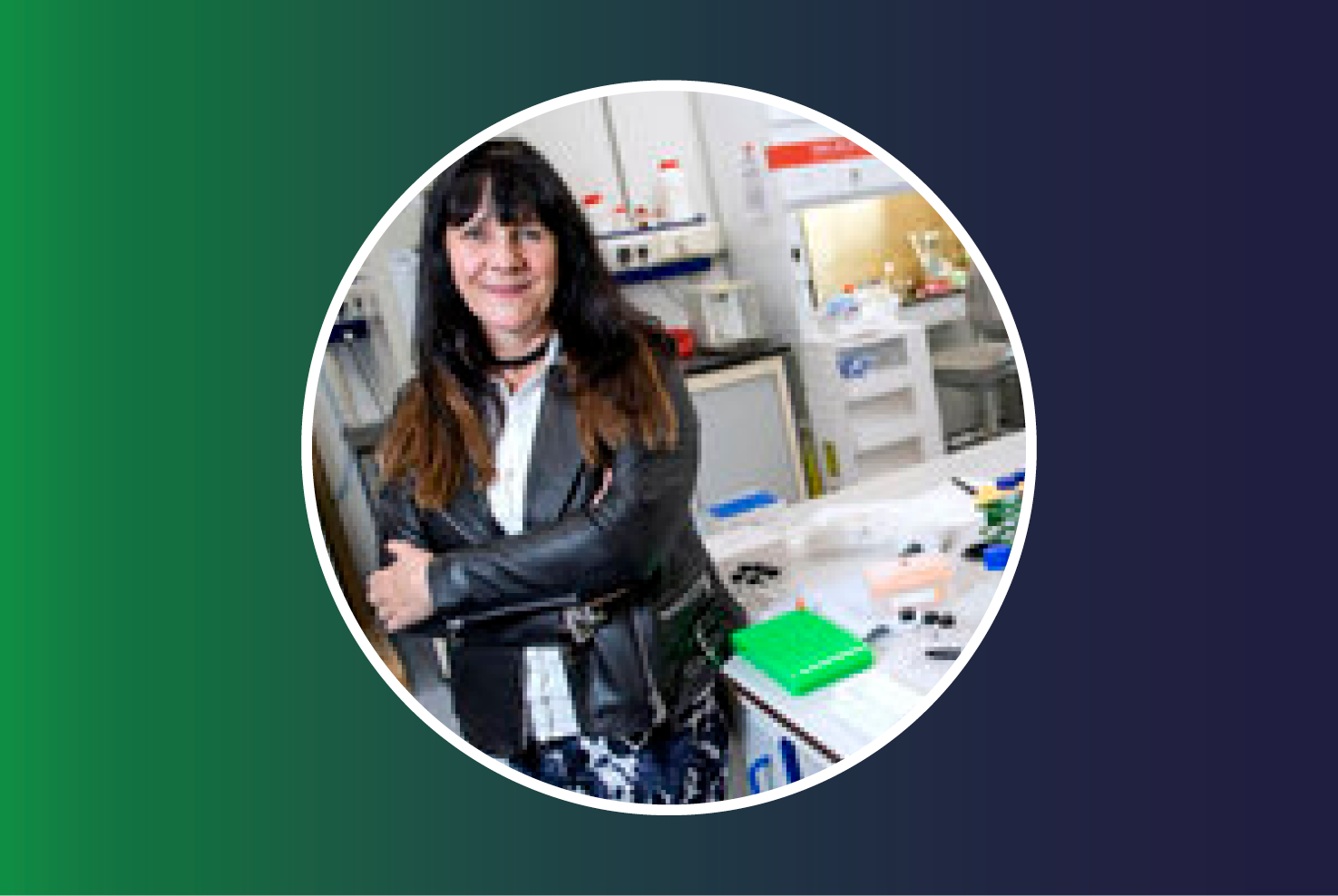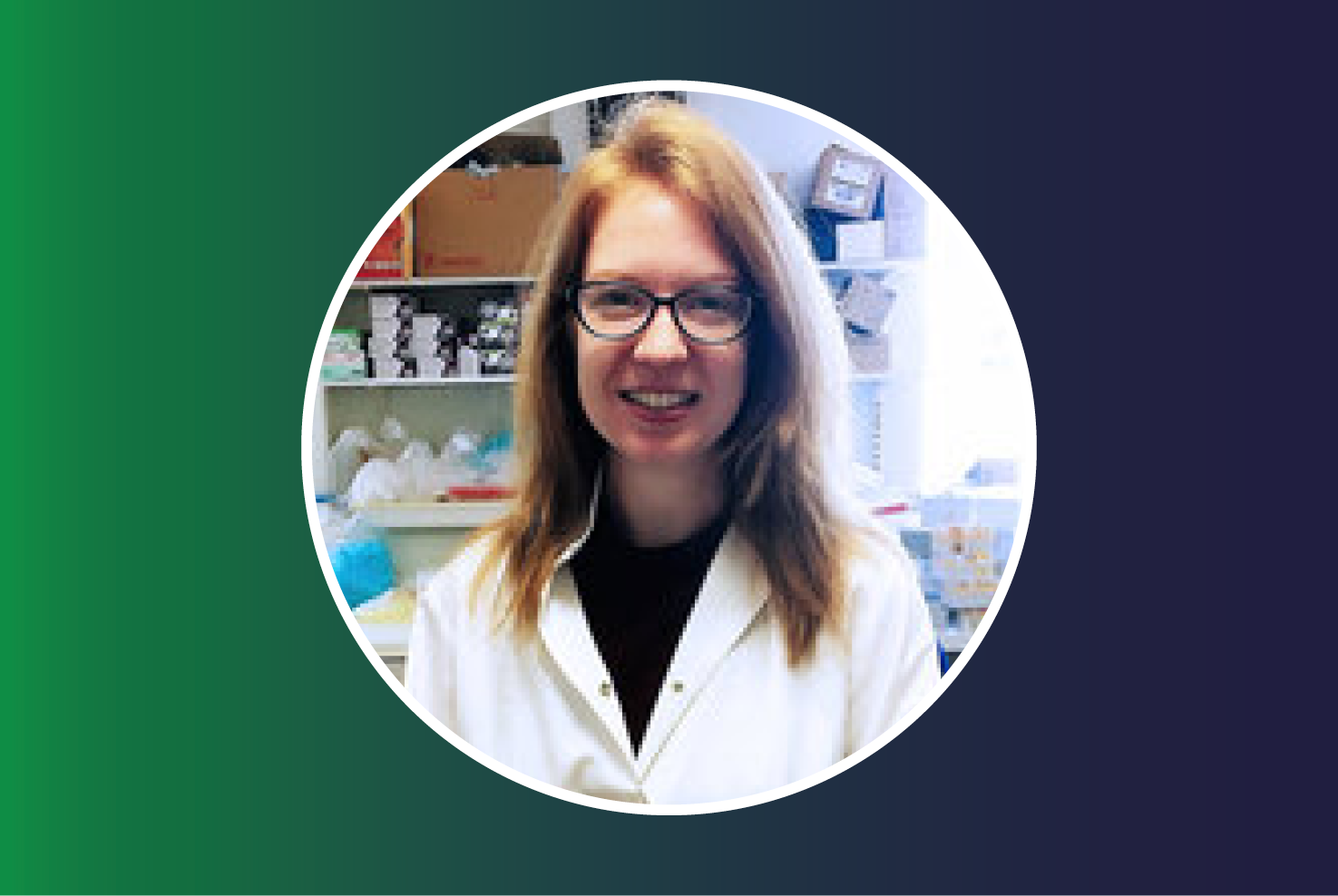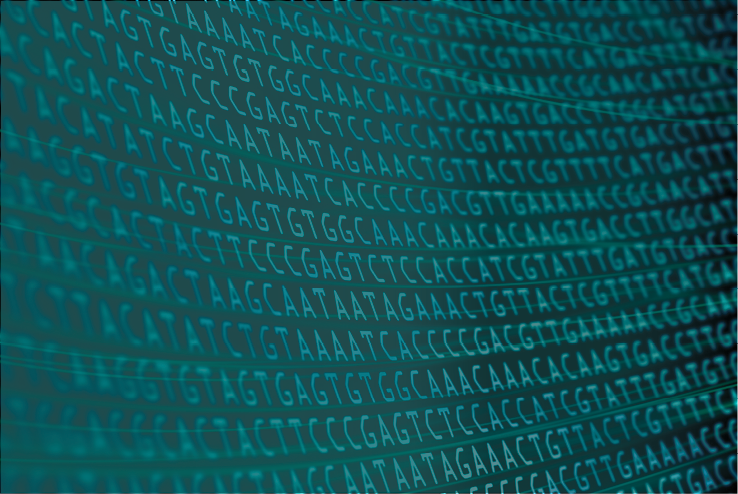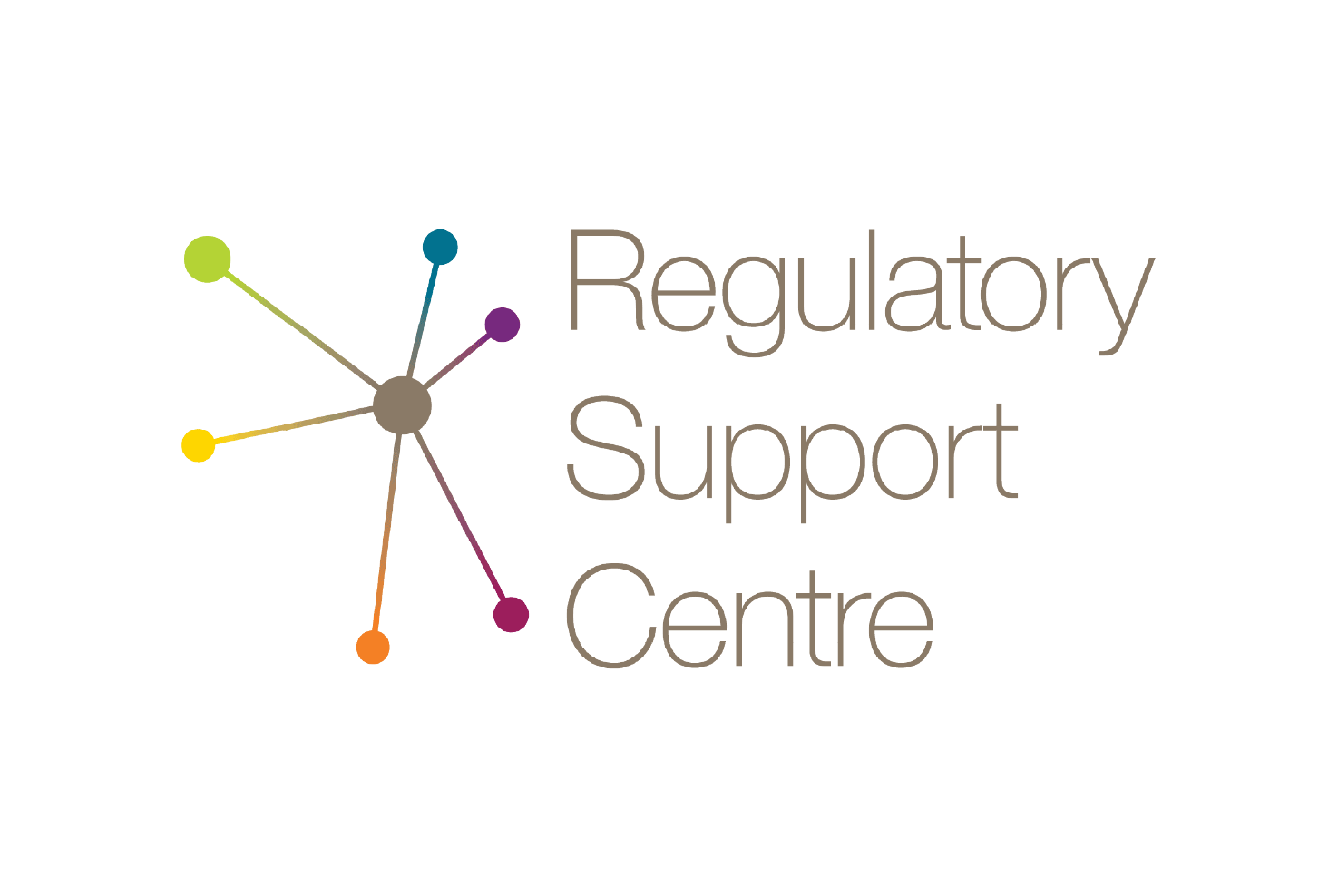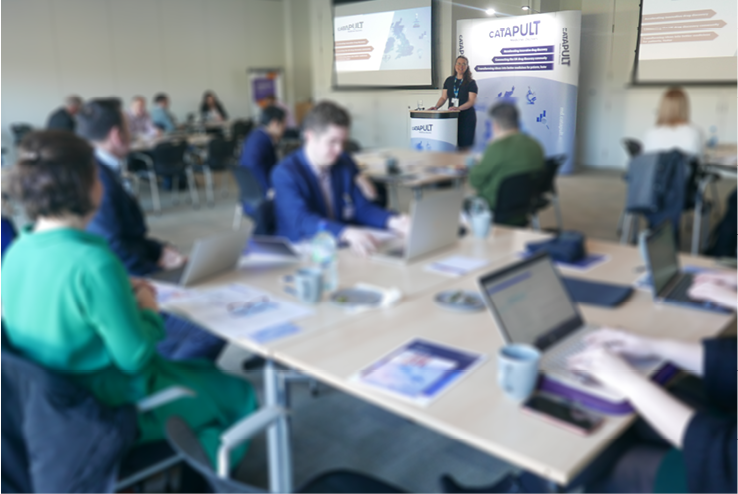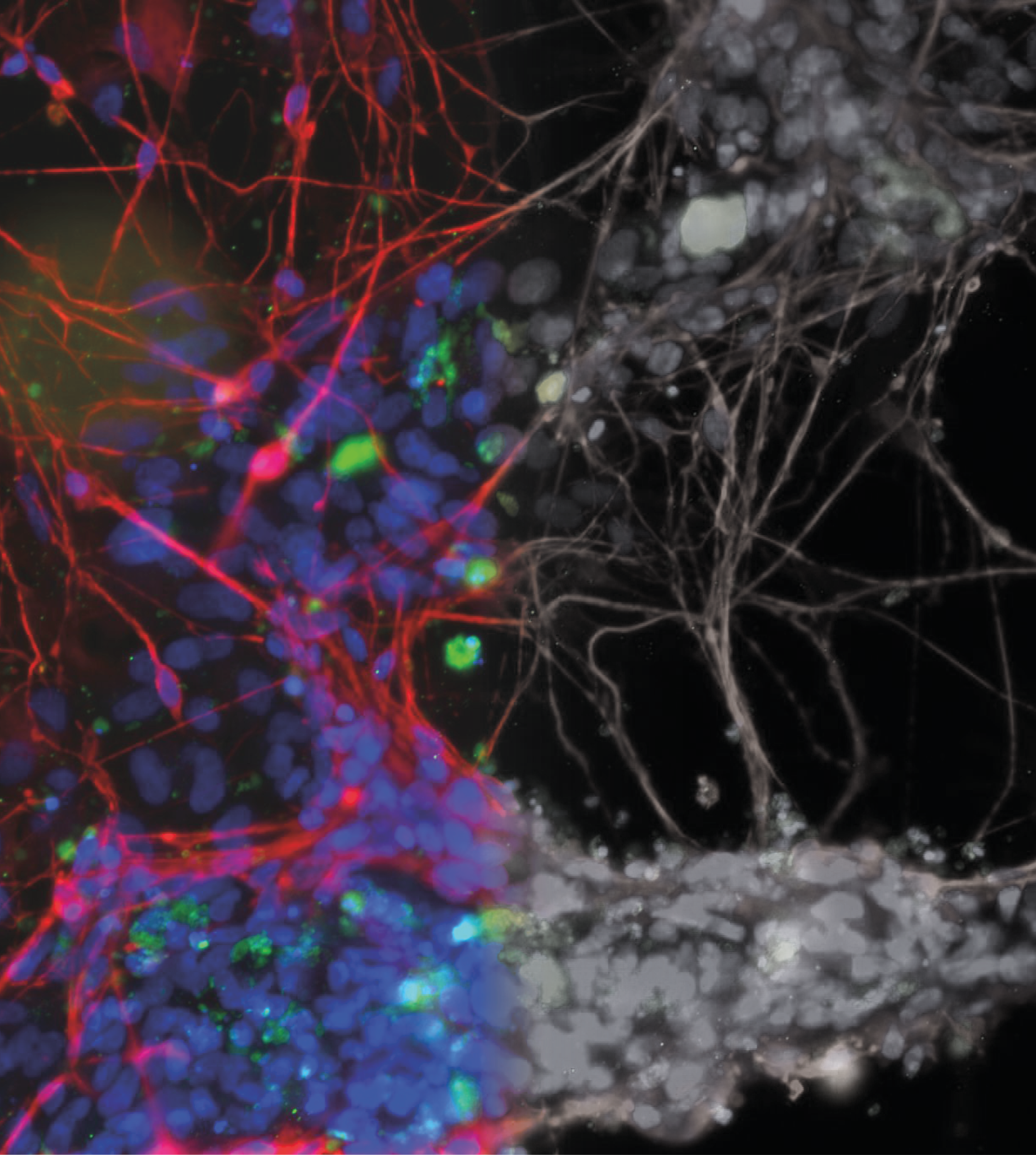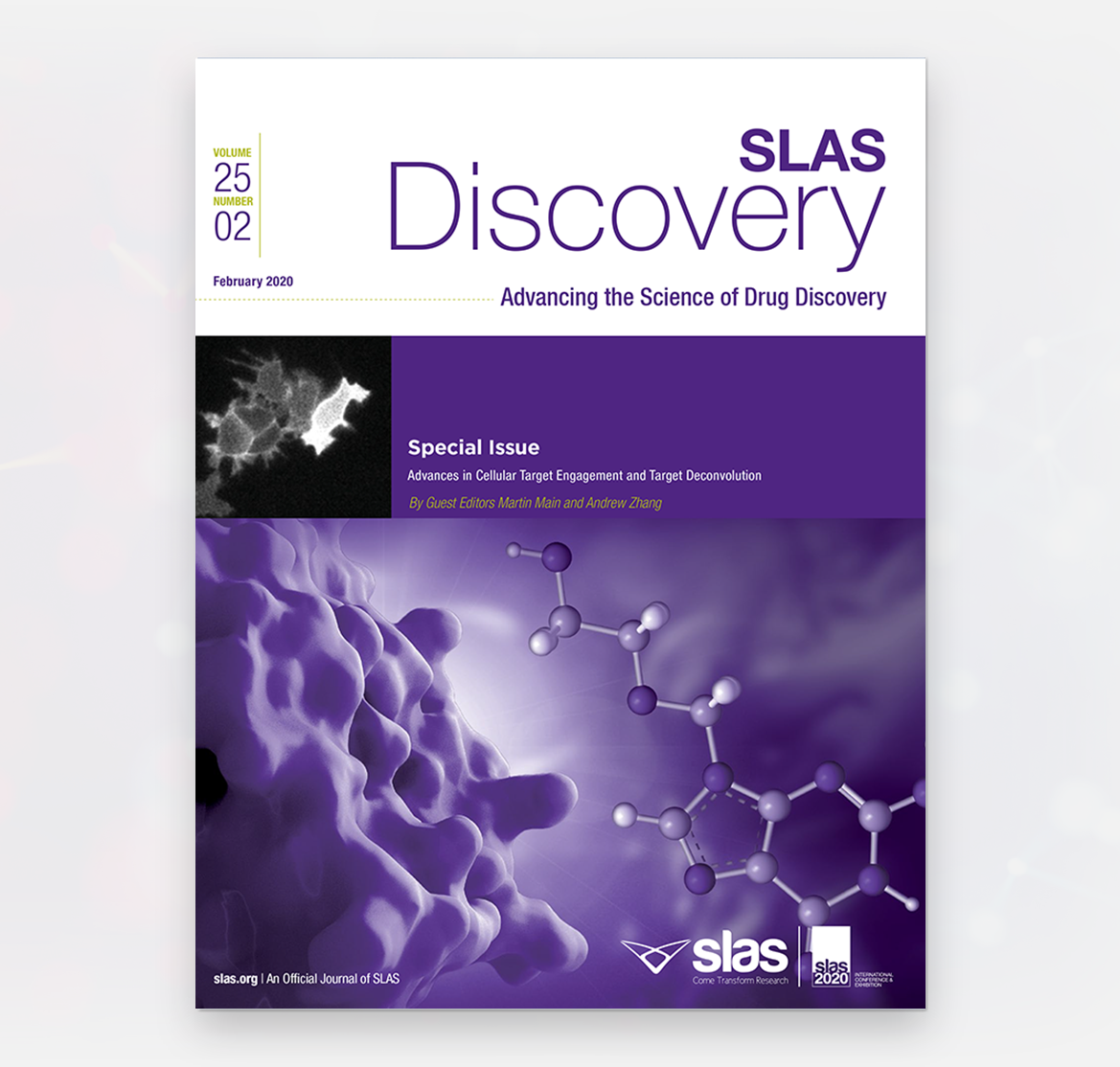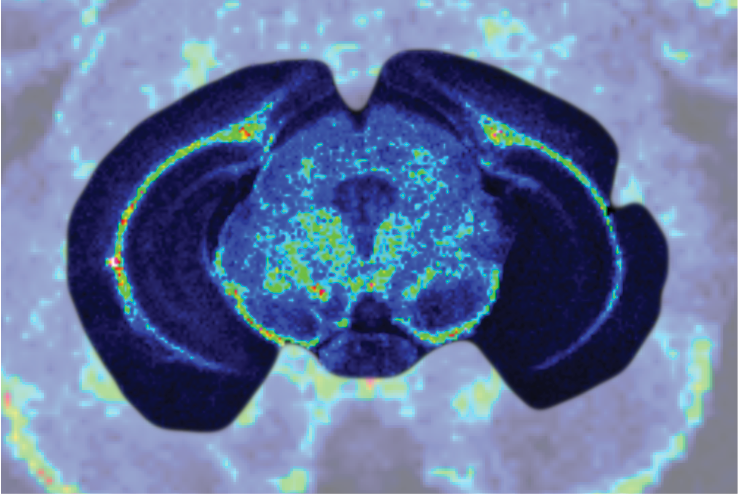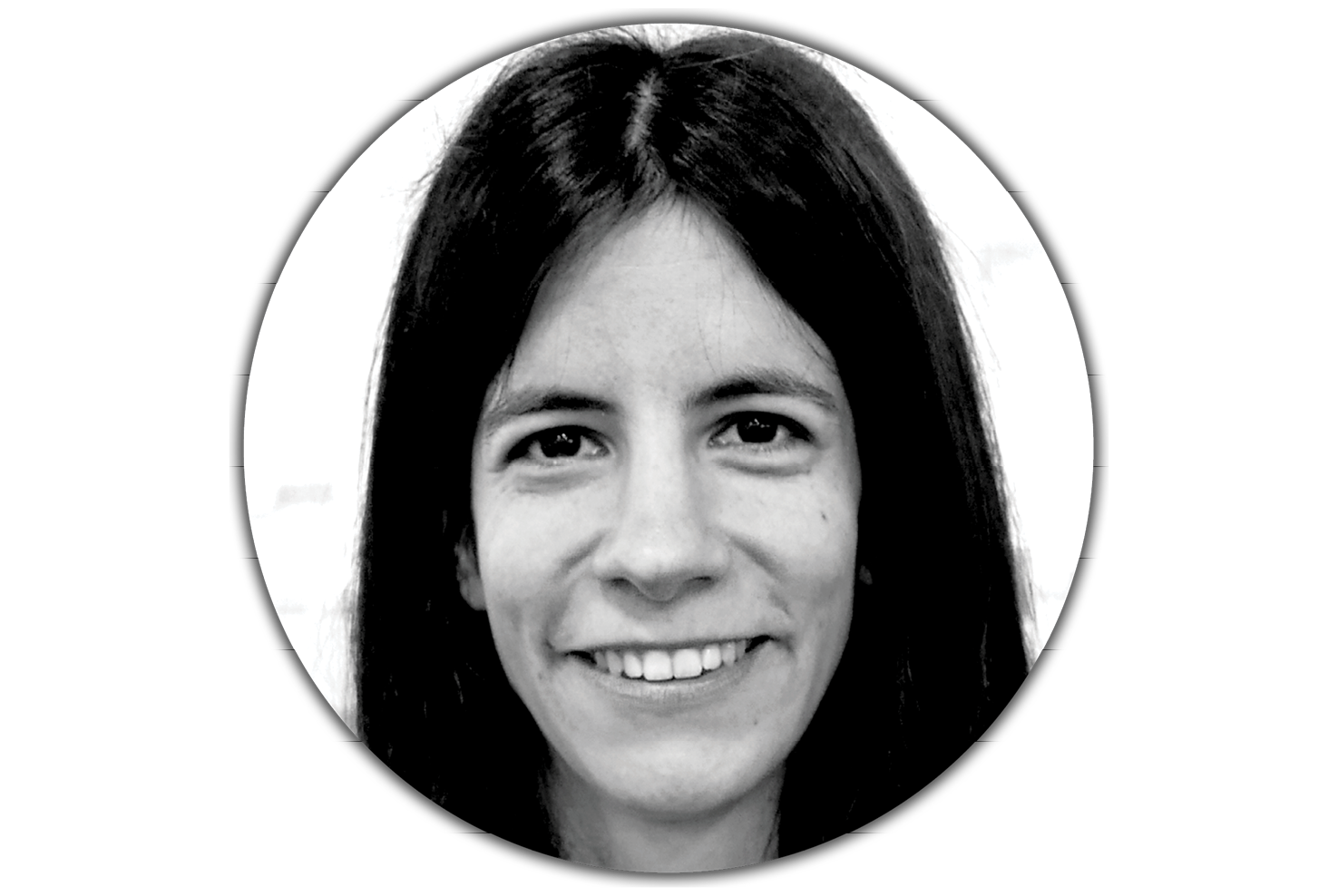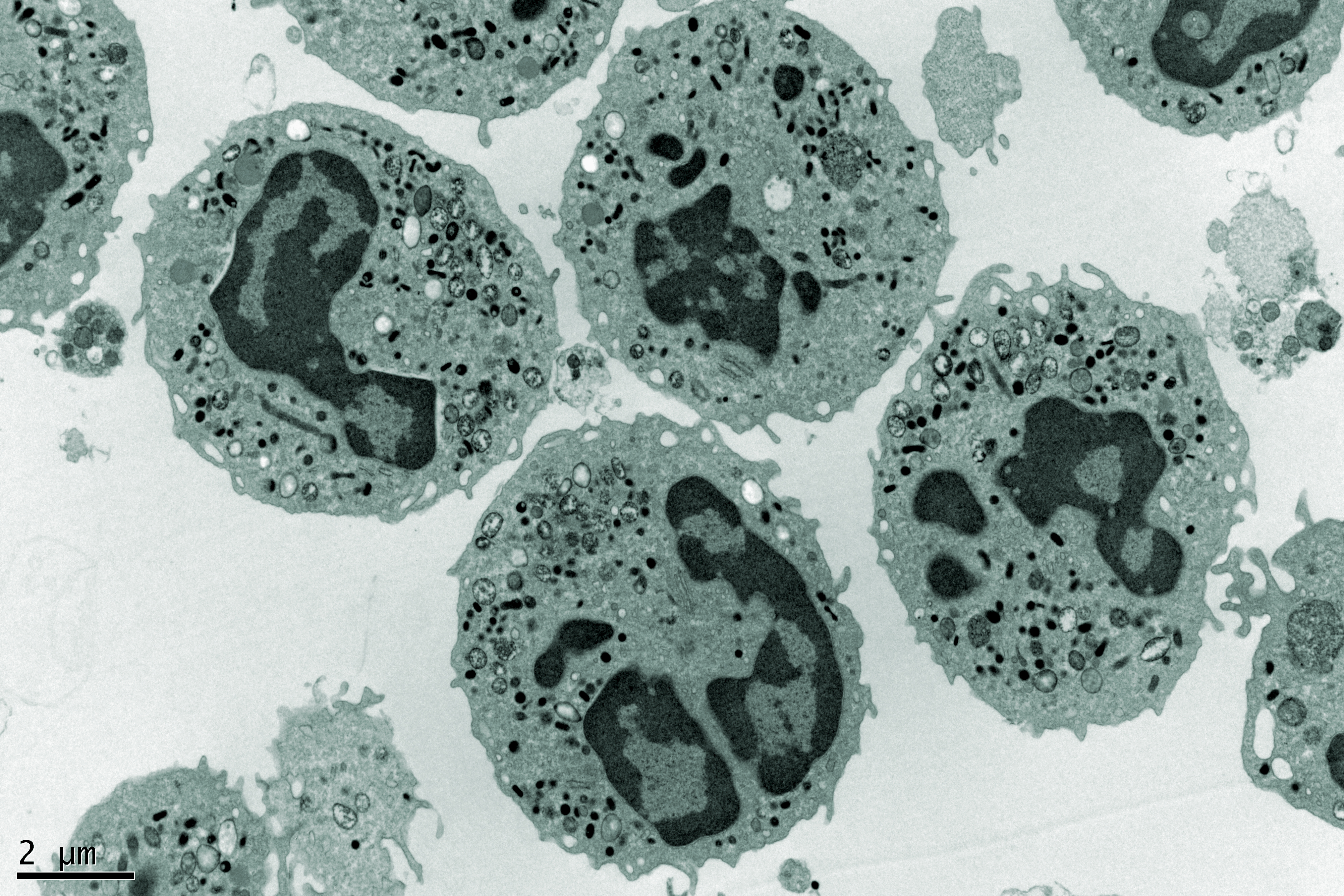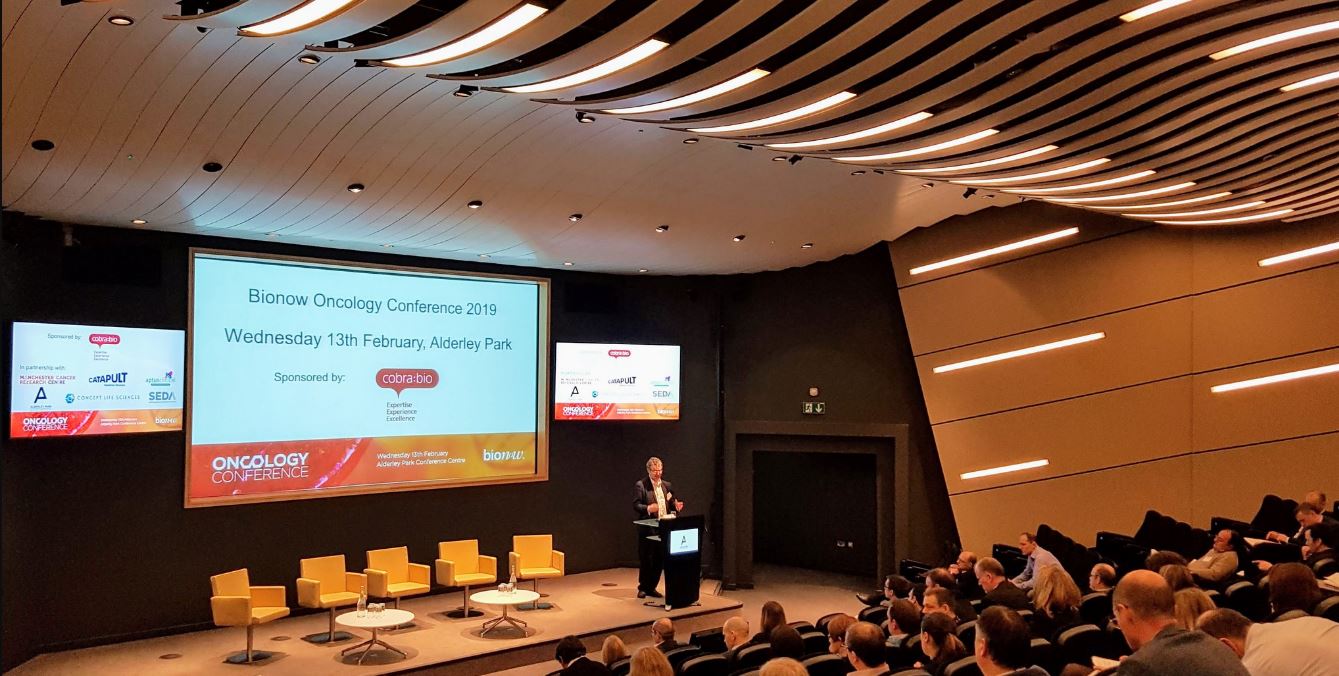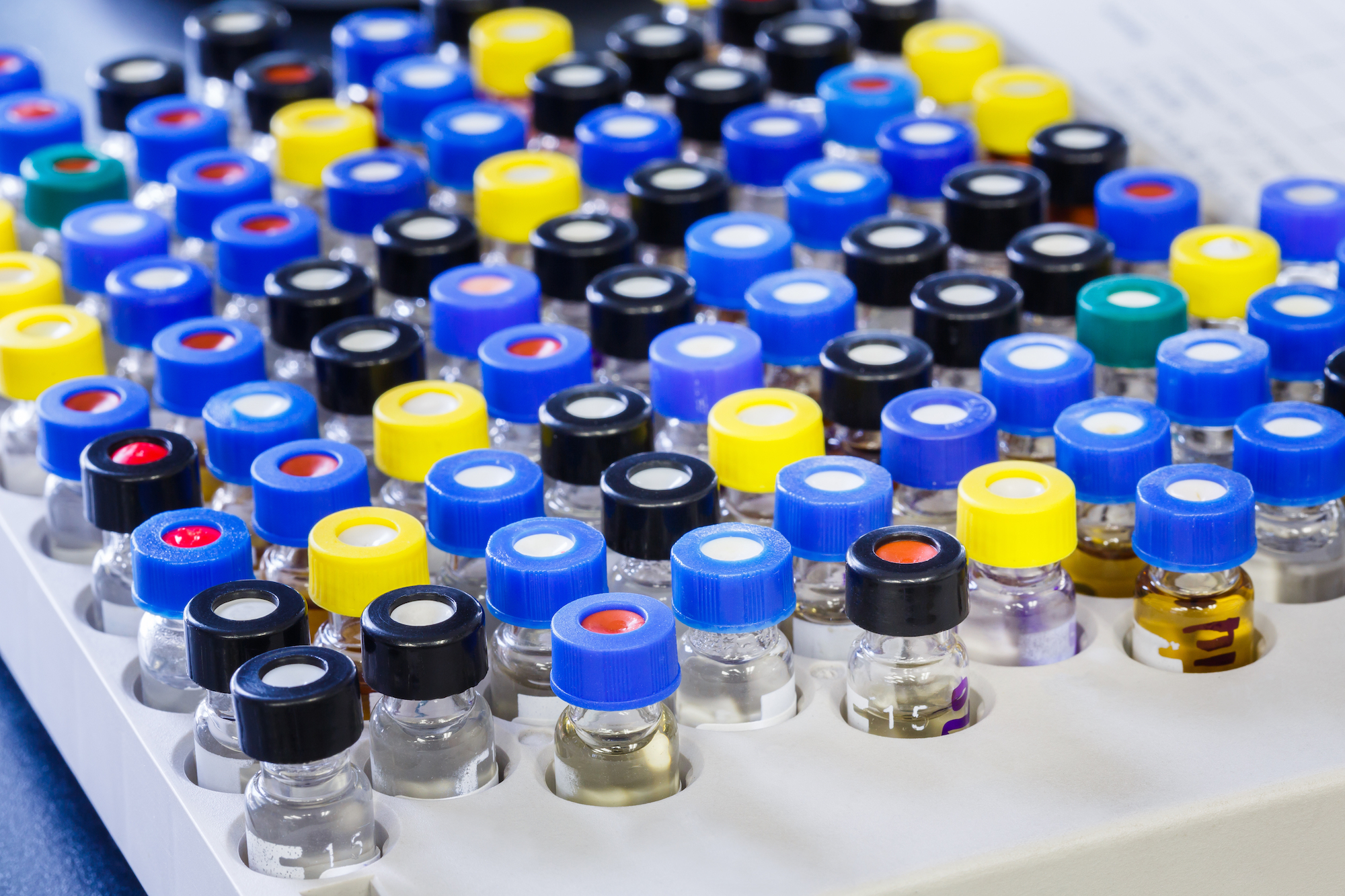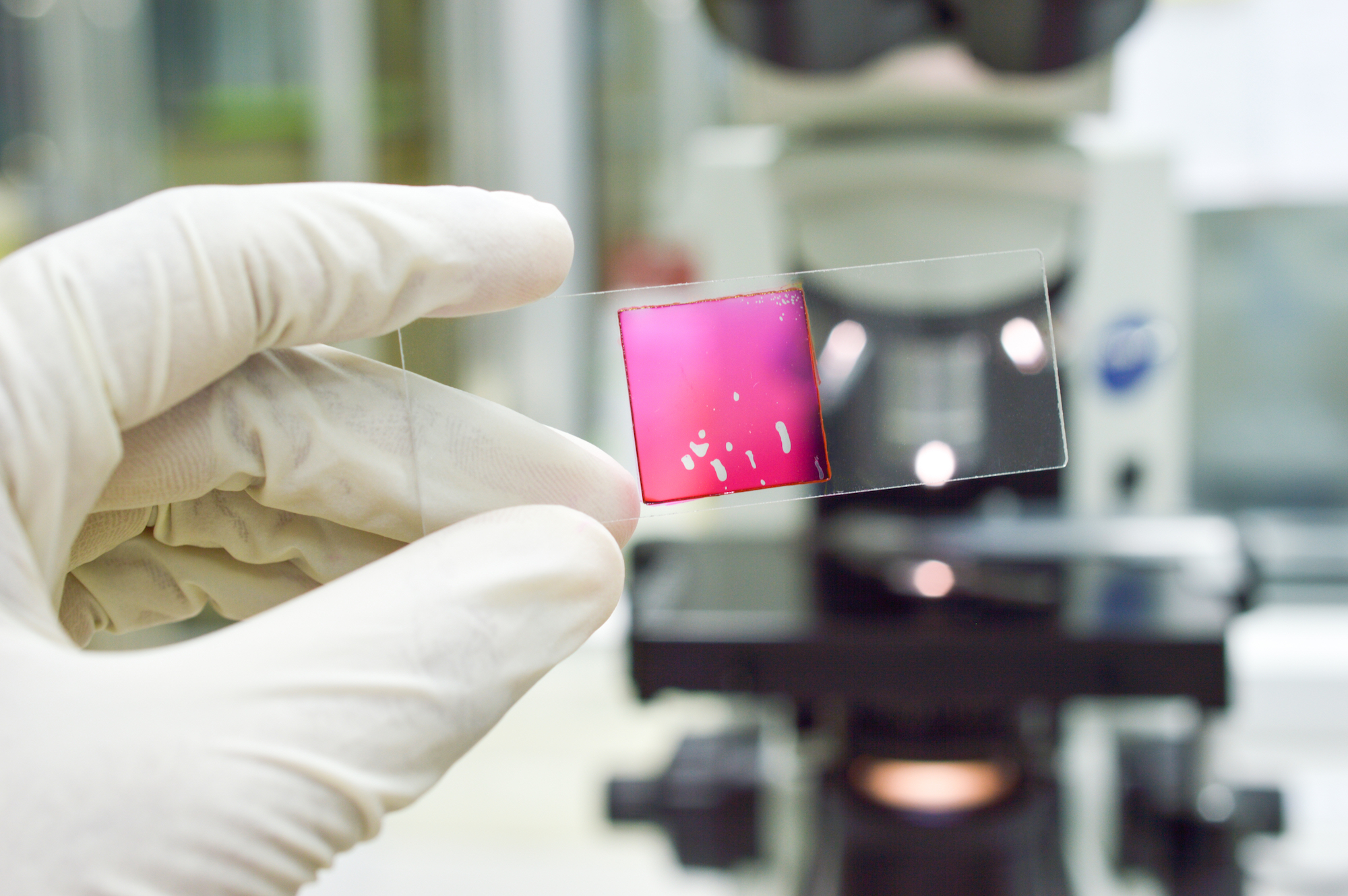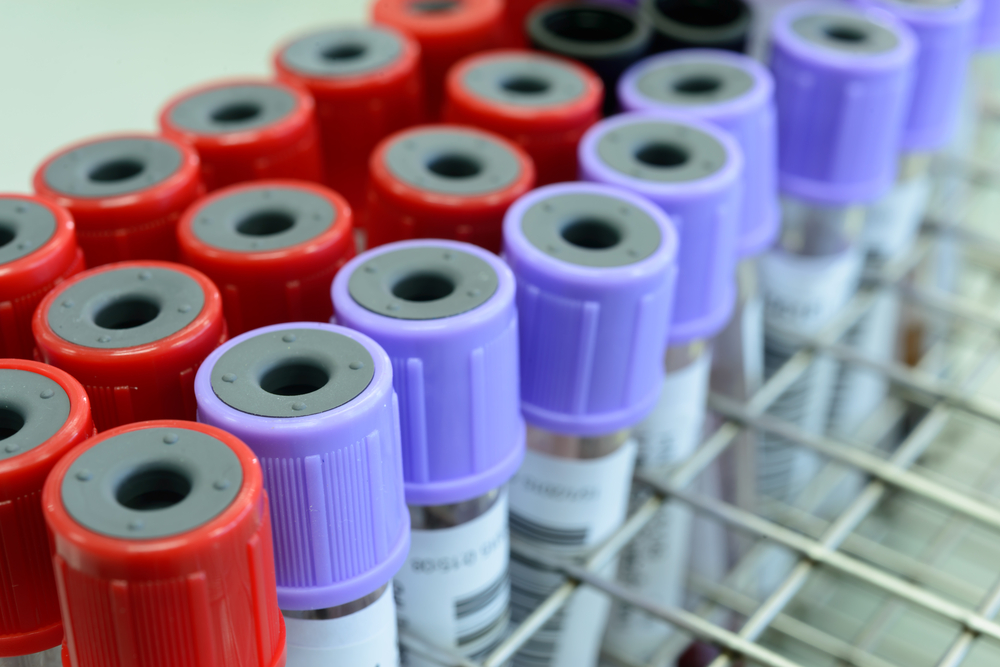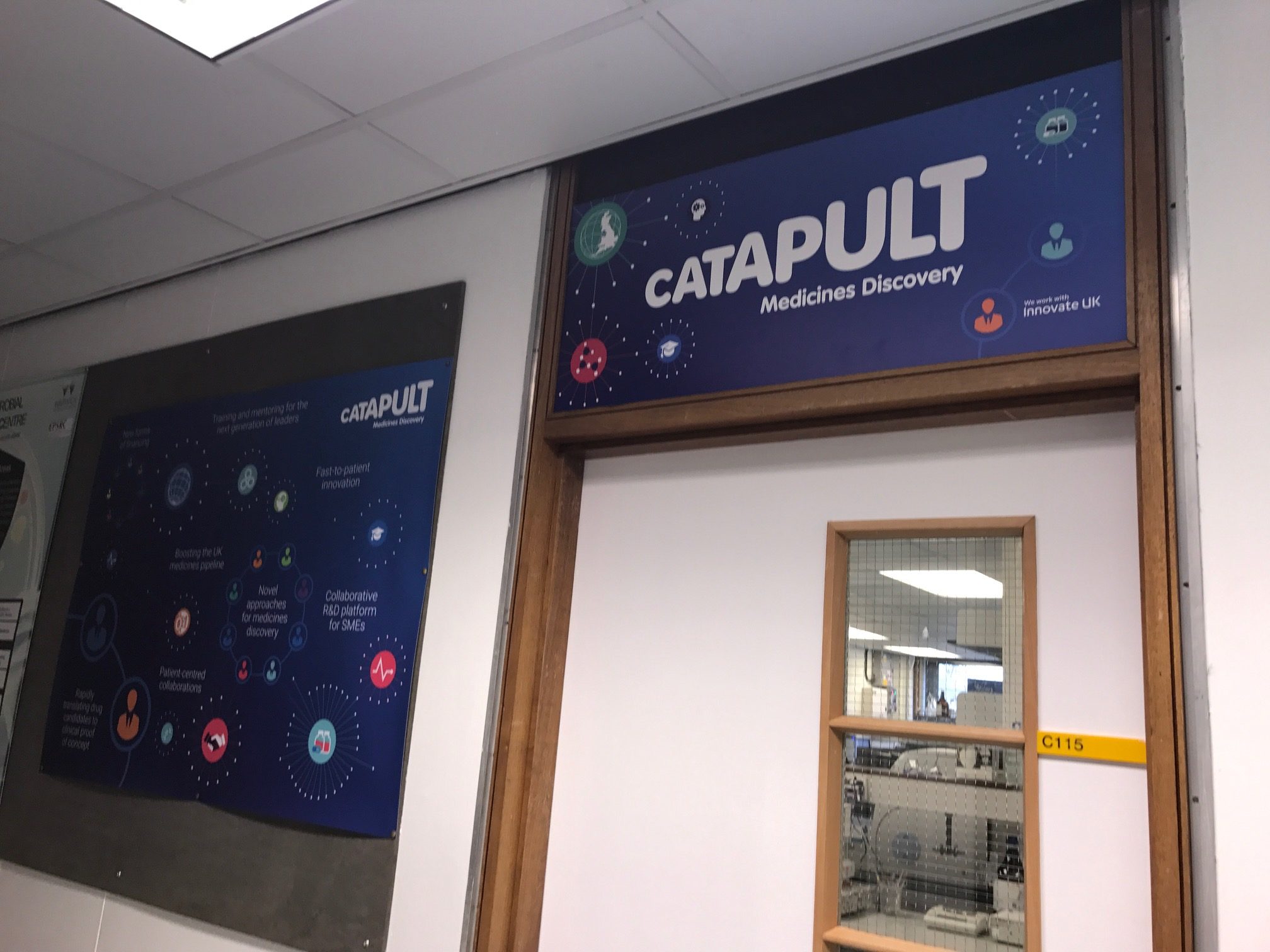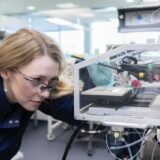For International Women’s Day: we put 5 questions to Bioinformation Dr Gemma Holliday.
1. What challenges have you faced, as a woman, entering this industry?
The biggest by far is Imposter Syndrome, I think most people will suffer from this at some point in their lives (and I don’t just mean women!). It’s not an easy one to overcome either – and the only advice I can offer on it is keep faith, in yourself and in what your loved ones tell you.
But it’s also something more senior people can help with by acknowledging it exists and offering their own perspective. For example, when I was first struggling with this, my supervisor confided in me that she too had suffered from this, and sometimes still did. It helped me see I wasn’t alone and that there’s hope yet I’ll get away with this con!
2. What woman inspires you most and why?
I’ve been lucky in my career to have had strong female mentors throughout, but the one who has inspired me the most in my day job has to be Prof Janet Thornton, or more accurately Dame Prof Janet Thornton. When I started my PhD, my supervisor had been a postdoc of hers and he spoke very highly of her, so highly in fact I was expecting a 6 ft 9 Amazonian; let’s just say Janet is not very tall. She is an amazing woman though, a leader in her field, an offerer of constant encouragement, and honest feedback, as well as an infectious joy of scientific inquiry. She’s a joy to work with and a pleasure to know.
And of course, one can’t forget one’s mother – who left school at sixteen with two O-levels and at the age of 40, went back to university to get her degree in information management.
3. What will be the biggest challenge for the generation of women behind you?
Fads. Seriously, this constant barrage of “cool new shiny things” is not helpful – you wouldn’t build a house without decent foundations, so stop chasing the latest shiny until you know the basics.
4. How do you think we can encourage employment of women in informatics?
It’s odd, maybe ten years ago, the ratio of men:women was much closer to 50:50 than it is now, indeed at one stage bioinformatics was more heavily weighted to women than men, I’m not sure what happened.
I wish I had a decent answer to this, I don’t think there’s any one thing that can be done. The old adage that “girls can’t code” is being blasted out of the water left, right and centre. The “girls need to get married and have children” is also a myth that has been well and truly busted. So why don’t’ we see a more even ratio in the informatics field? Maybe it’s just a natural cycle? Maybe “informatics isn’t really cool anymore”? I don’t’ believe that either – if we stop producing wet lab data today it’ll still take over 30 years to analyse it all, informatics has never been more important. Maybe we just need more telegenic women (not me, I’d break the camera lens!) to evangelise our field. Maybe we just need a champion or two.
5. What would your advice be for women just starting out in this industry?
- Stay flexible – so what if you don’t know what RDB means, Stack Overflow and Google are your friend. I couldn’t write a line of code (or know what RDB stood for) when I started out, and look what I managed to do.
- Have faith – if you’ve the will and the patience, you can achieve whatever you set out to do.
- Be brave – (yes, an extension of my second point) — there will always be those who say “you can’t”, and maybe that’s true, but you won’t know until you try, and most code doesn’t work first go round”
- Keep going – you know the old chestnut about not giving up? Well, you’ll never get there if you do, so keep fighting, keep pushing and keep believing. If I can do it, so can you.
About the interviewee
Dr Gemma Holliday is a Bioinformation at Medicines Discovery Catapult.
Gemma studied for her PhD in Molecular Science Informatics at The University of Cambridge. During her studies she co-designed and built the MACiE database before bringing the project to the European Bioinformatics Institute. She used her growing experience at The University of California to run the Structure for Function Linkage Database and worked extensively on the Radical SAM Superfamily. Gemma then transitioned her 15 years of academic expertise into industry – first as a freelance consultant and then to her position with Medicines Discovery Catapult.


